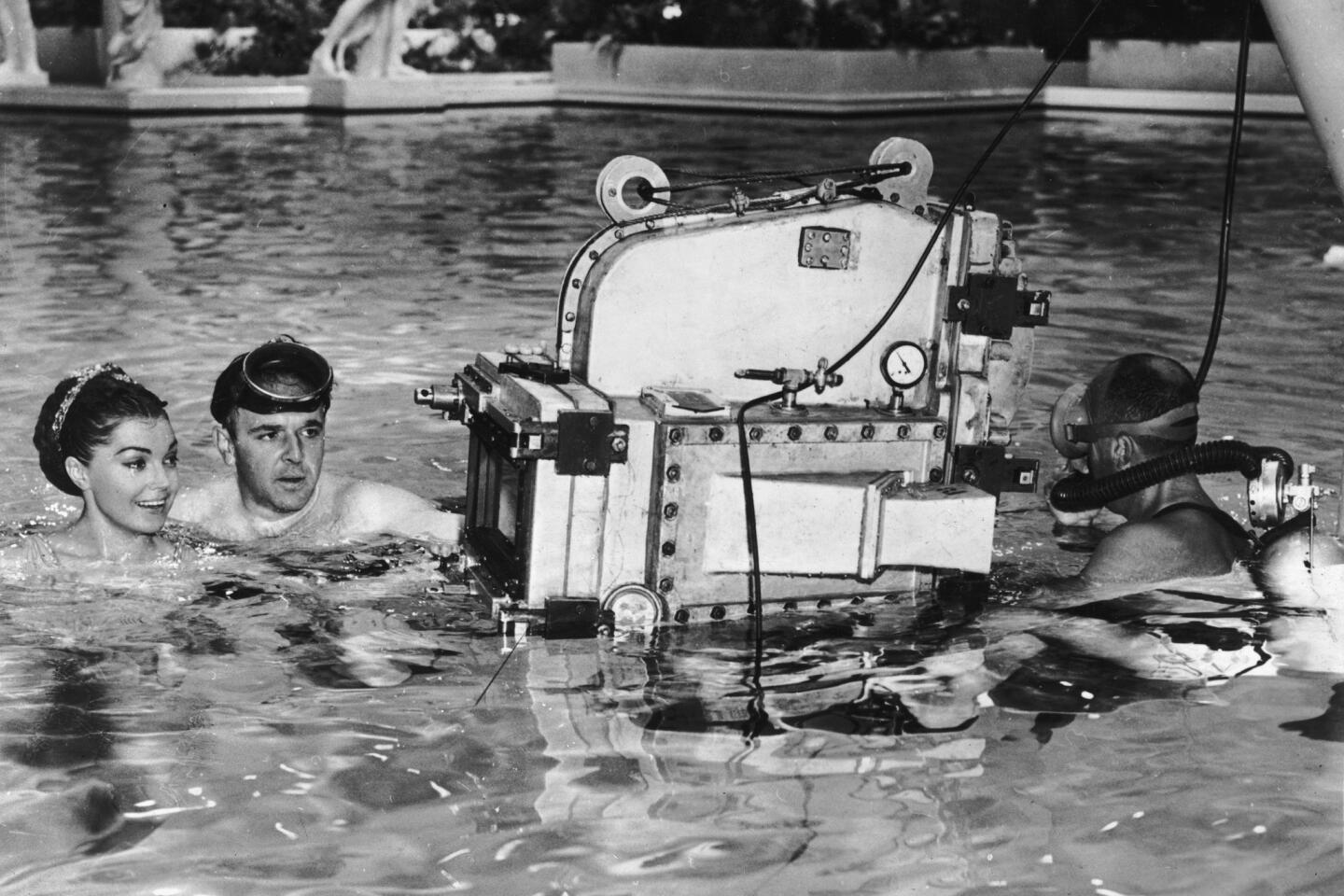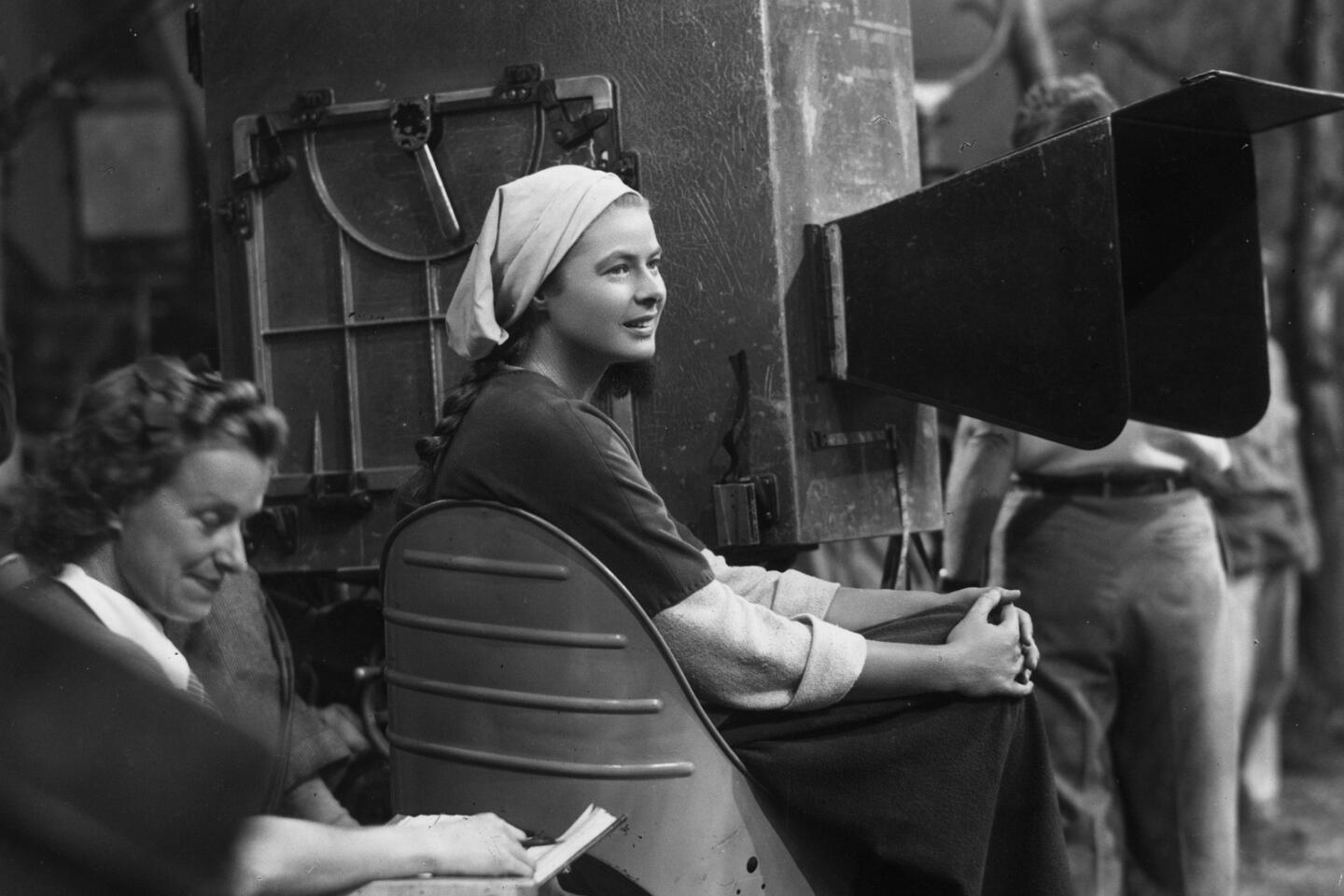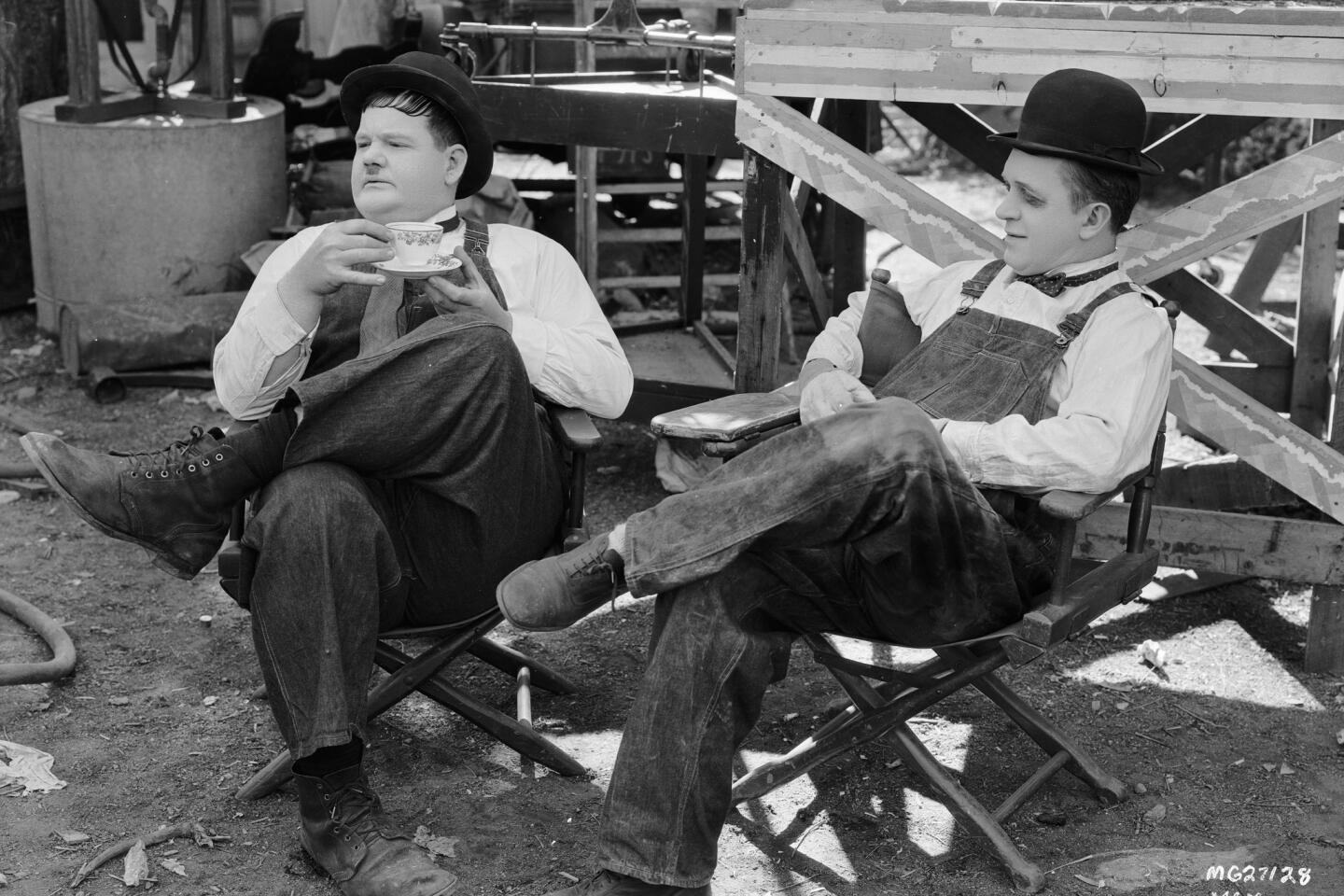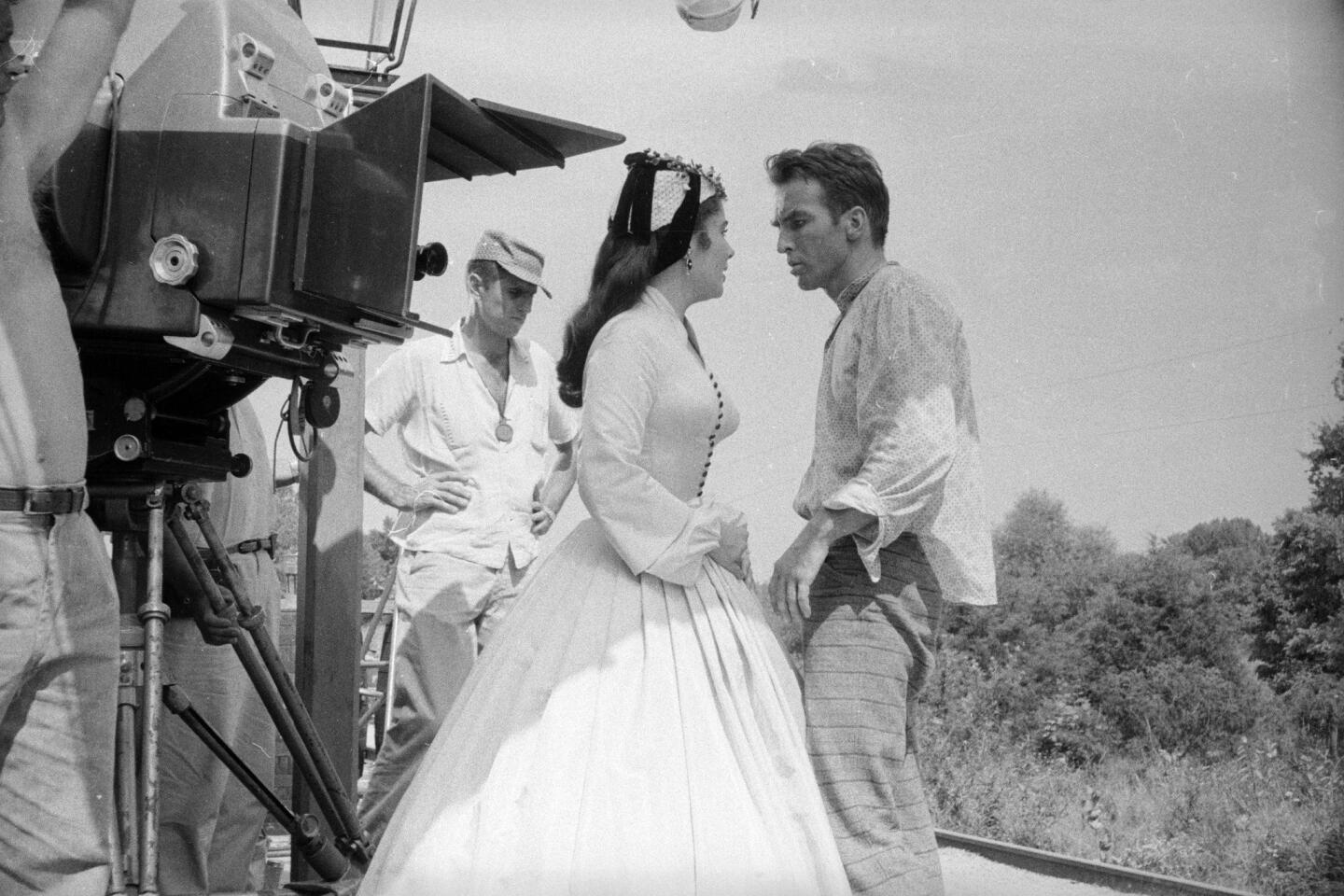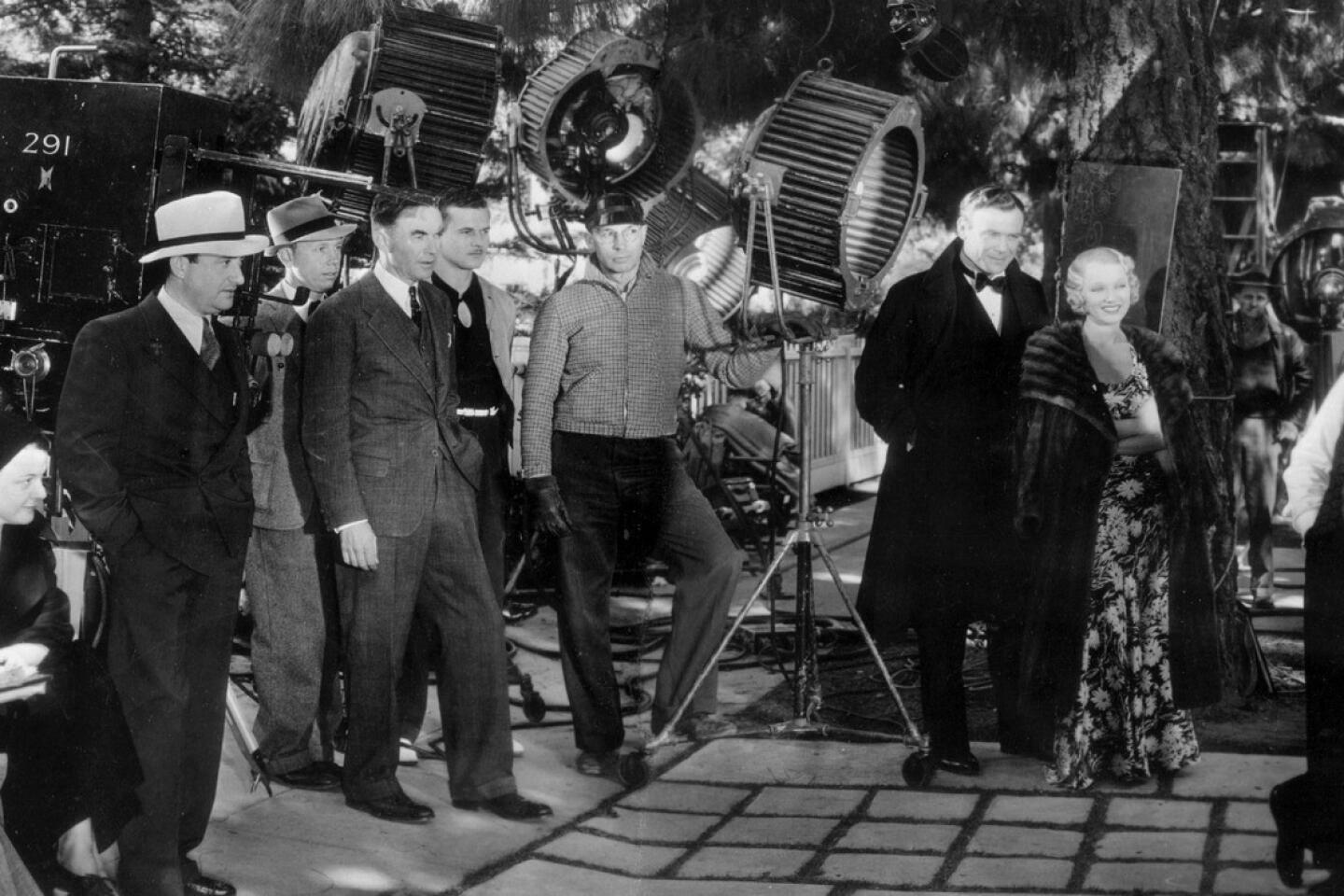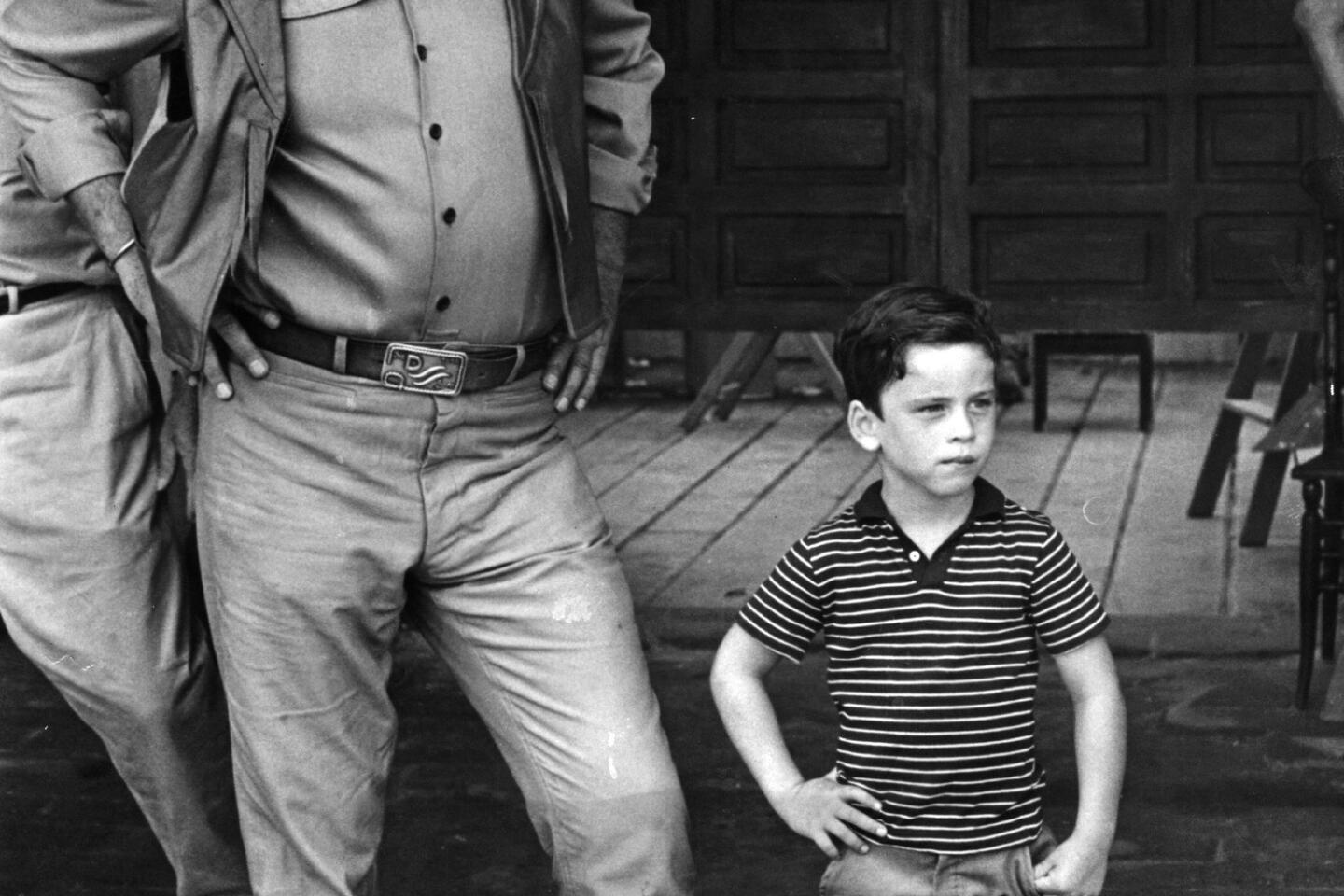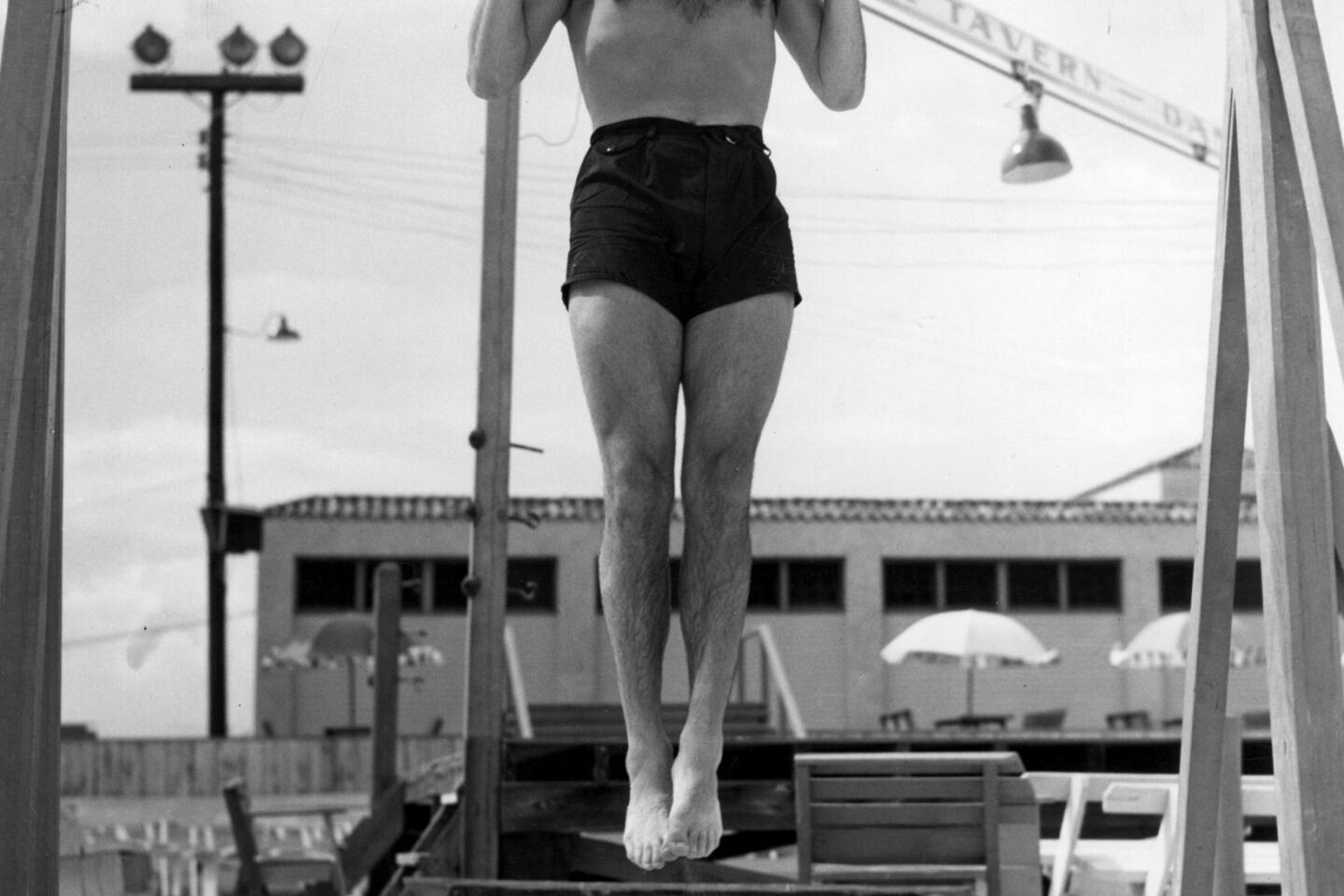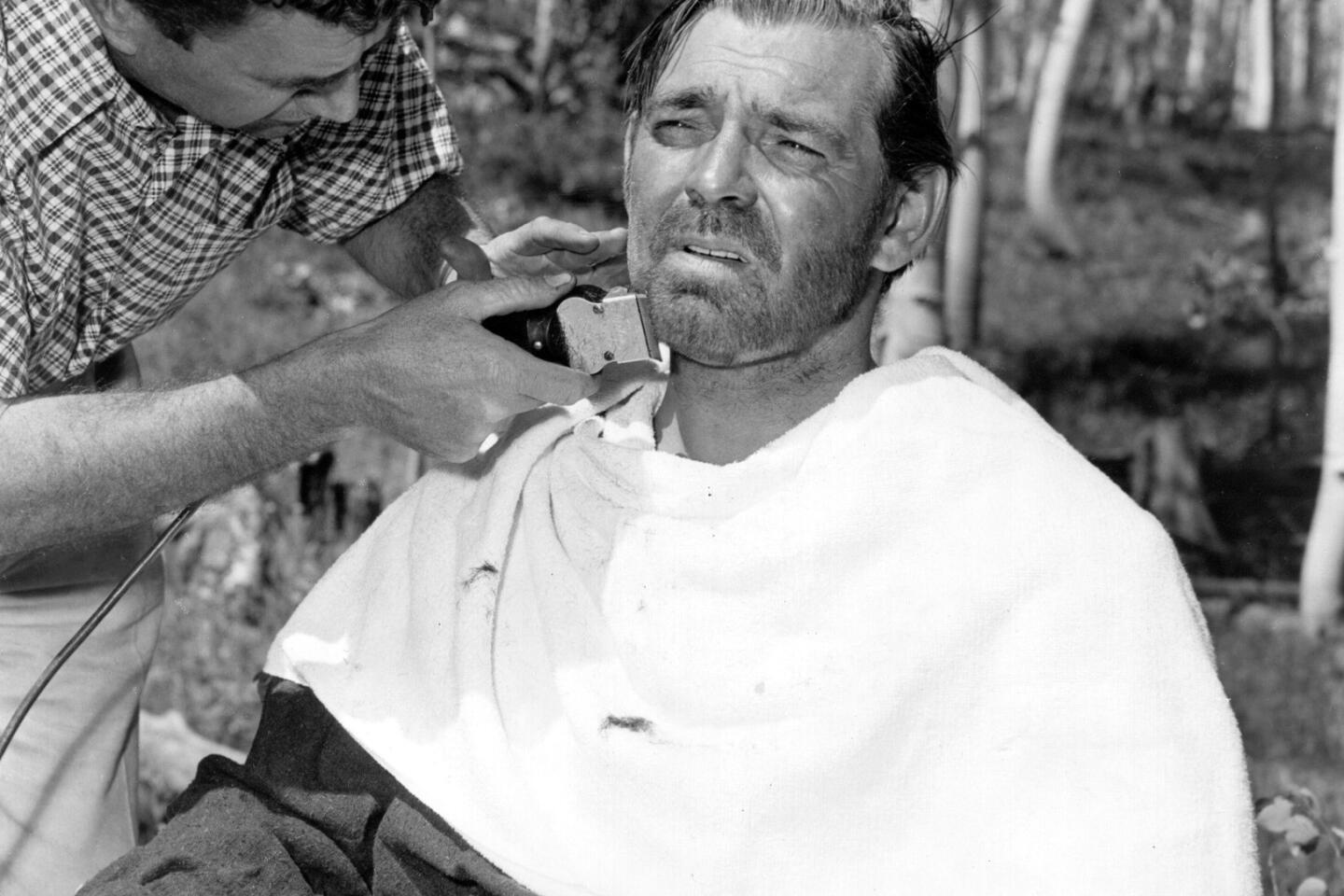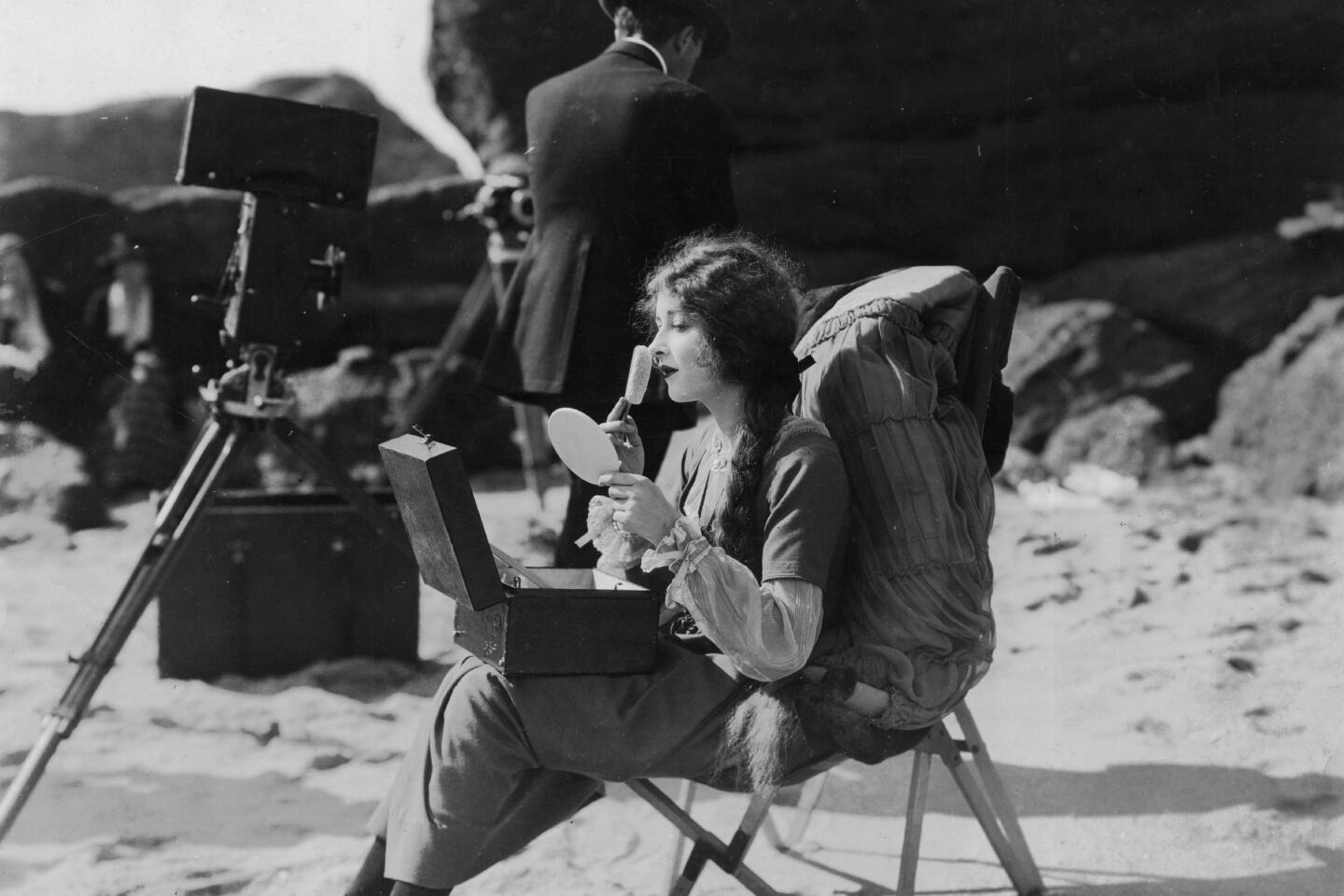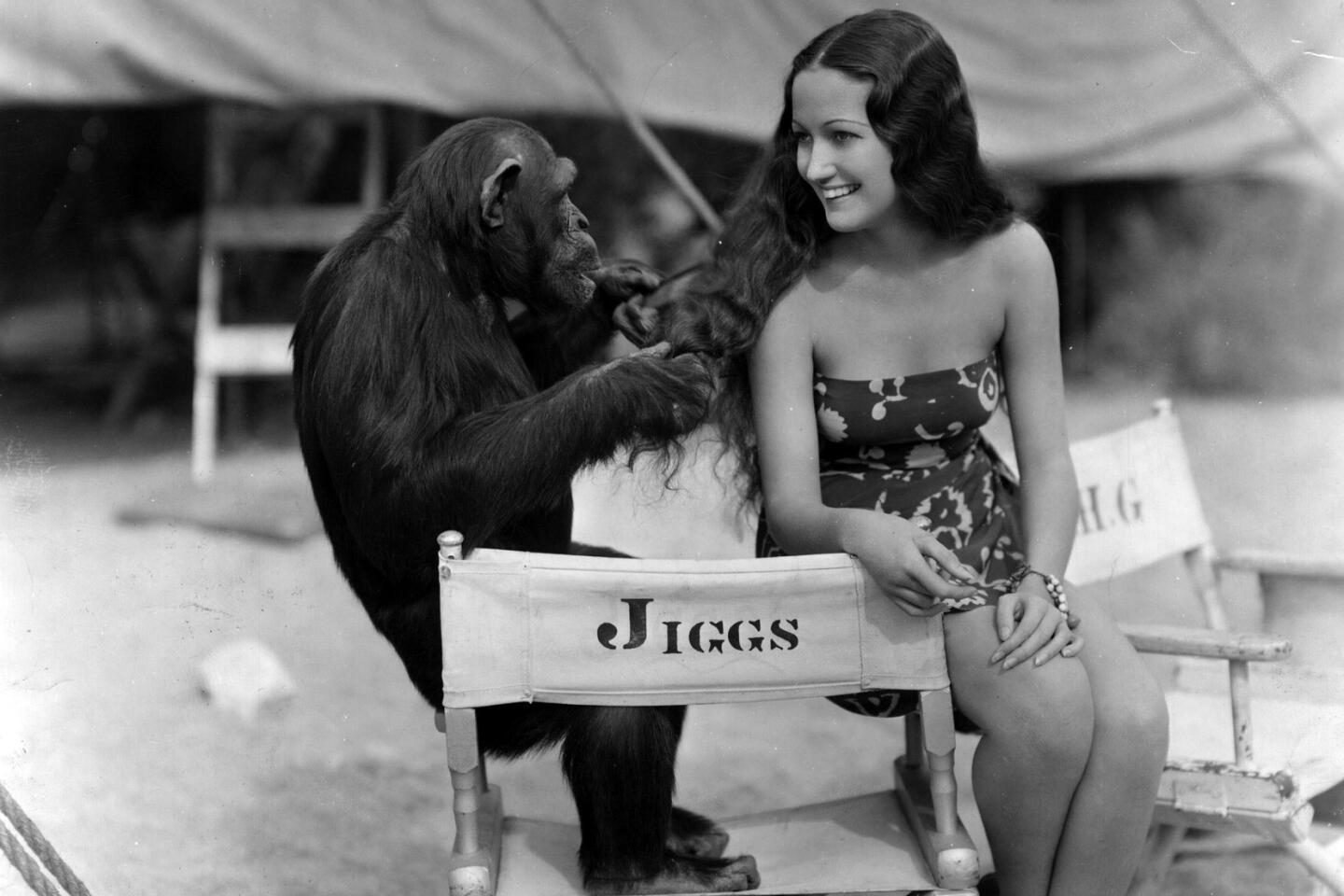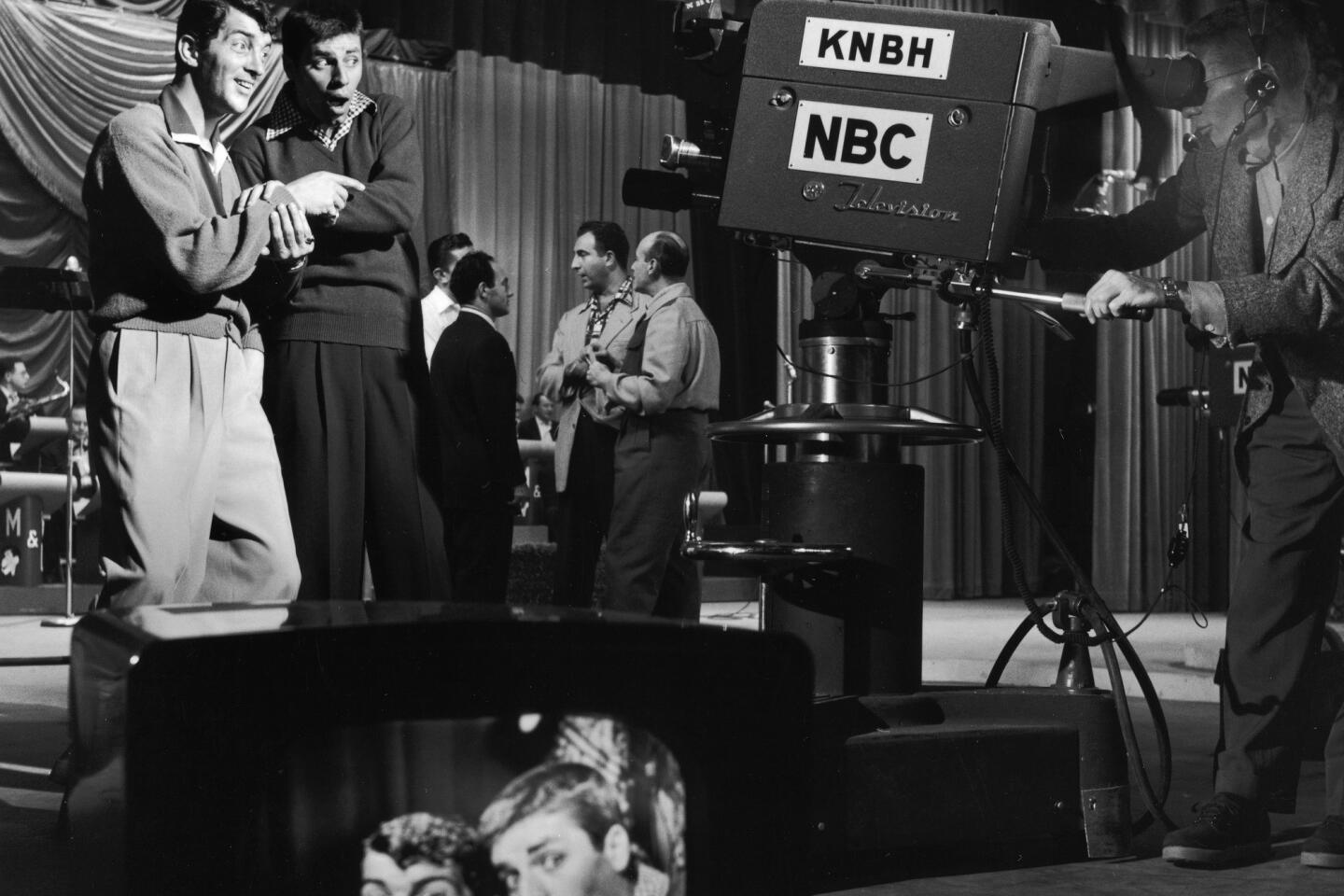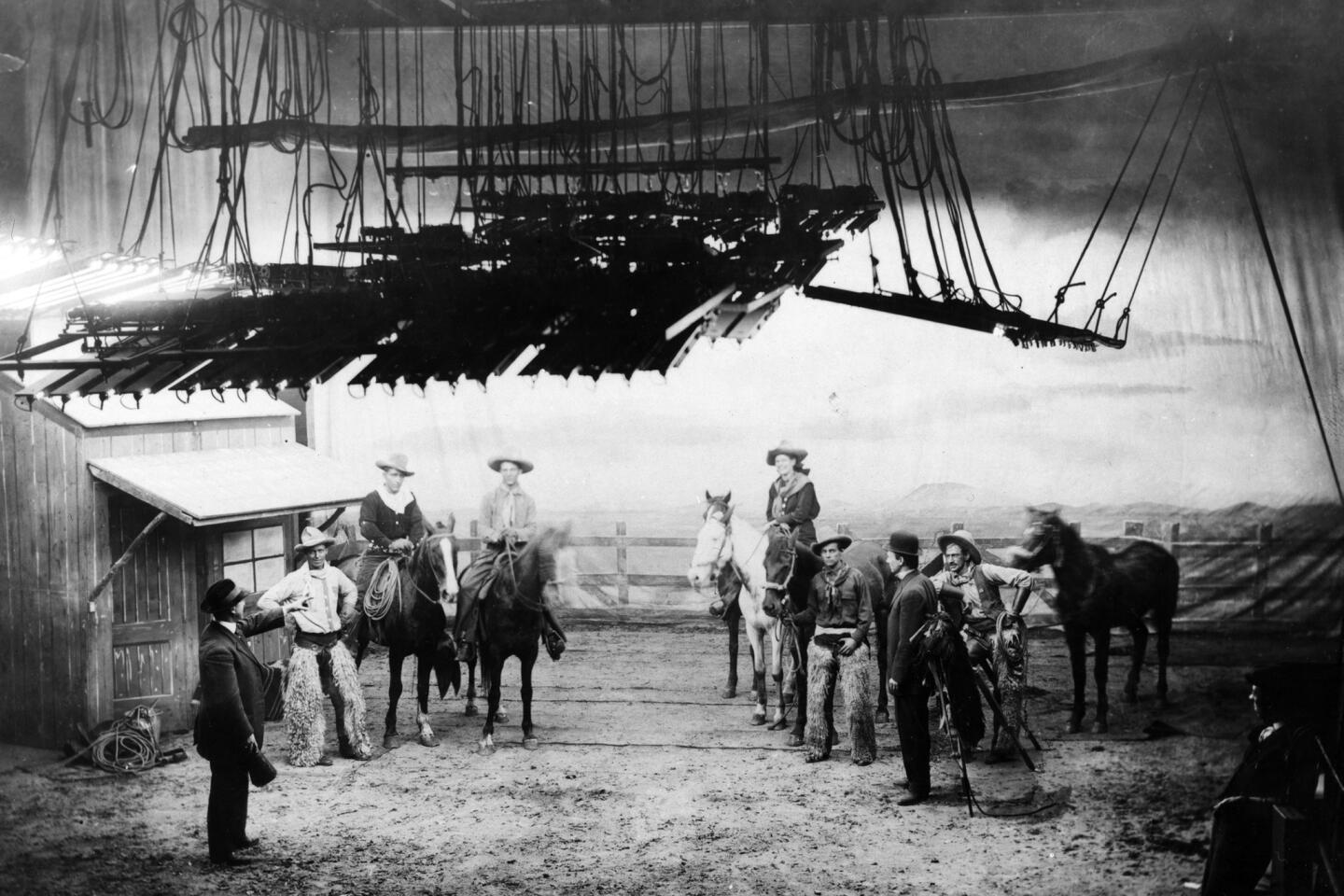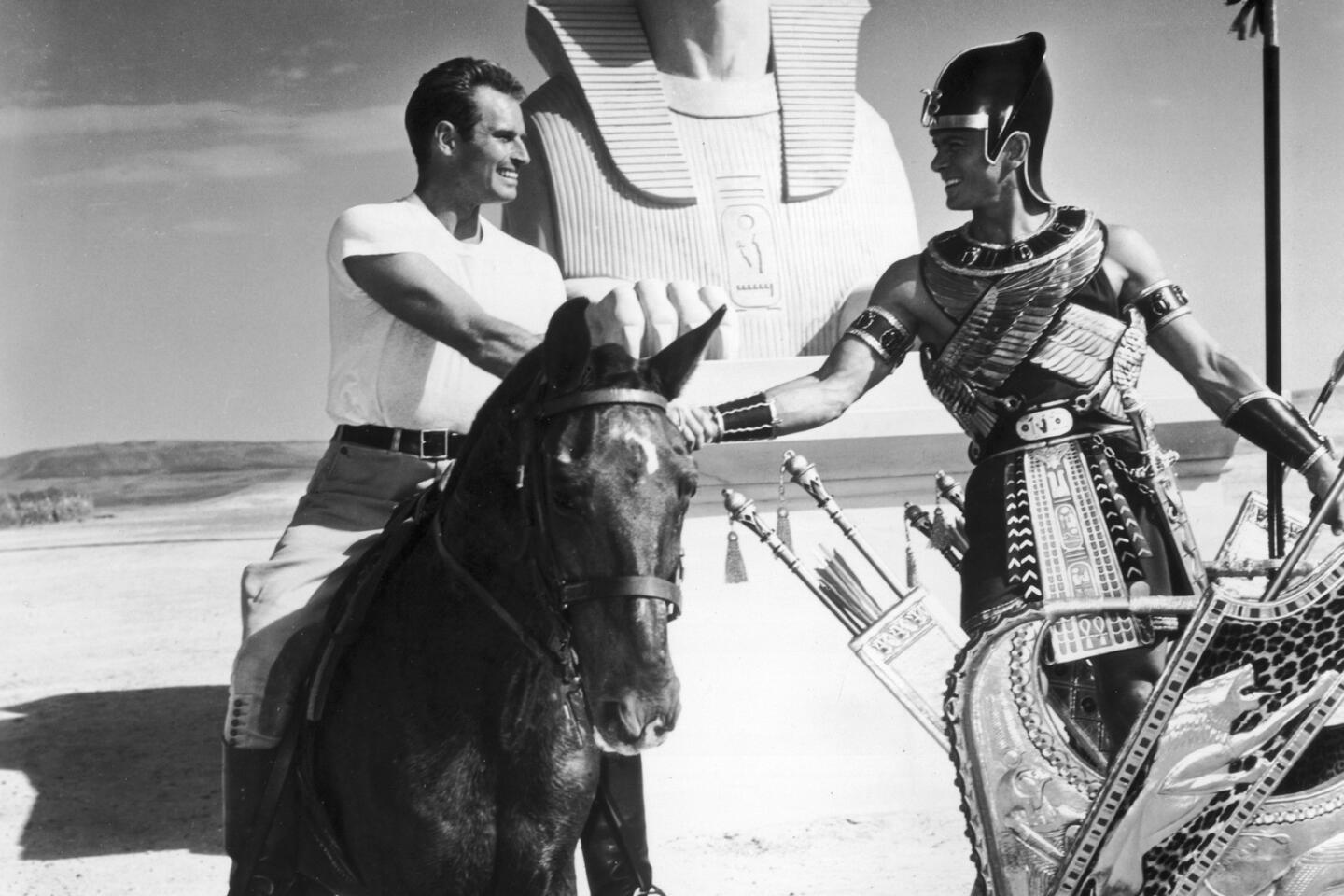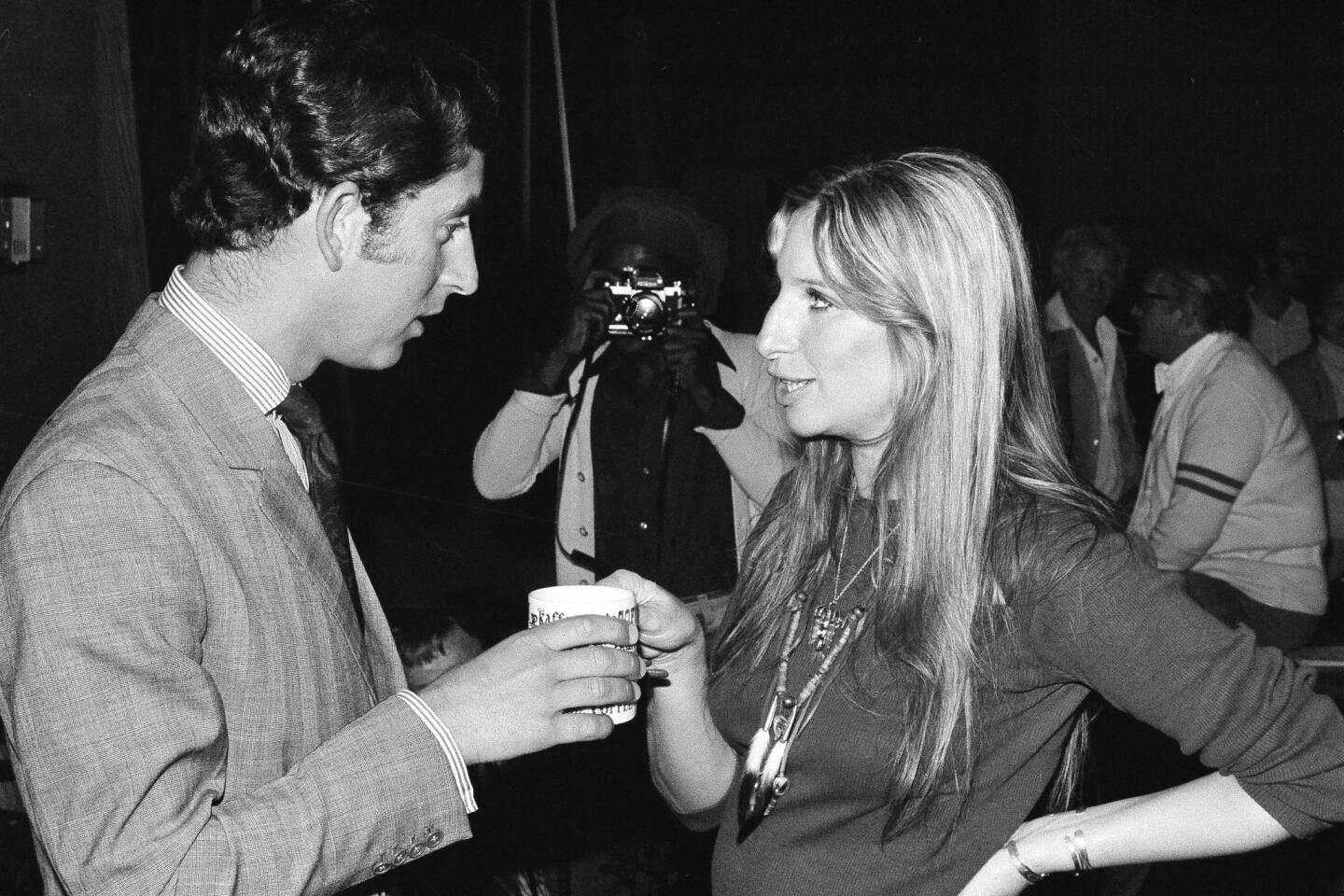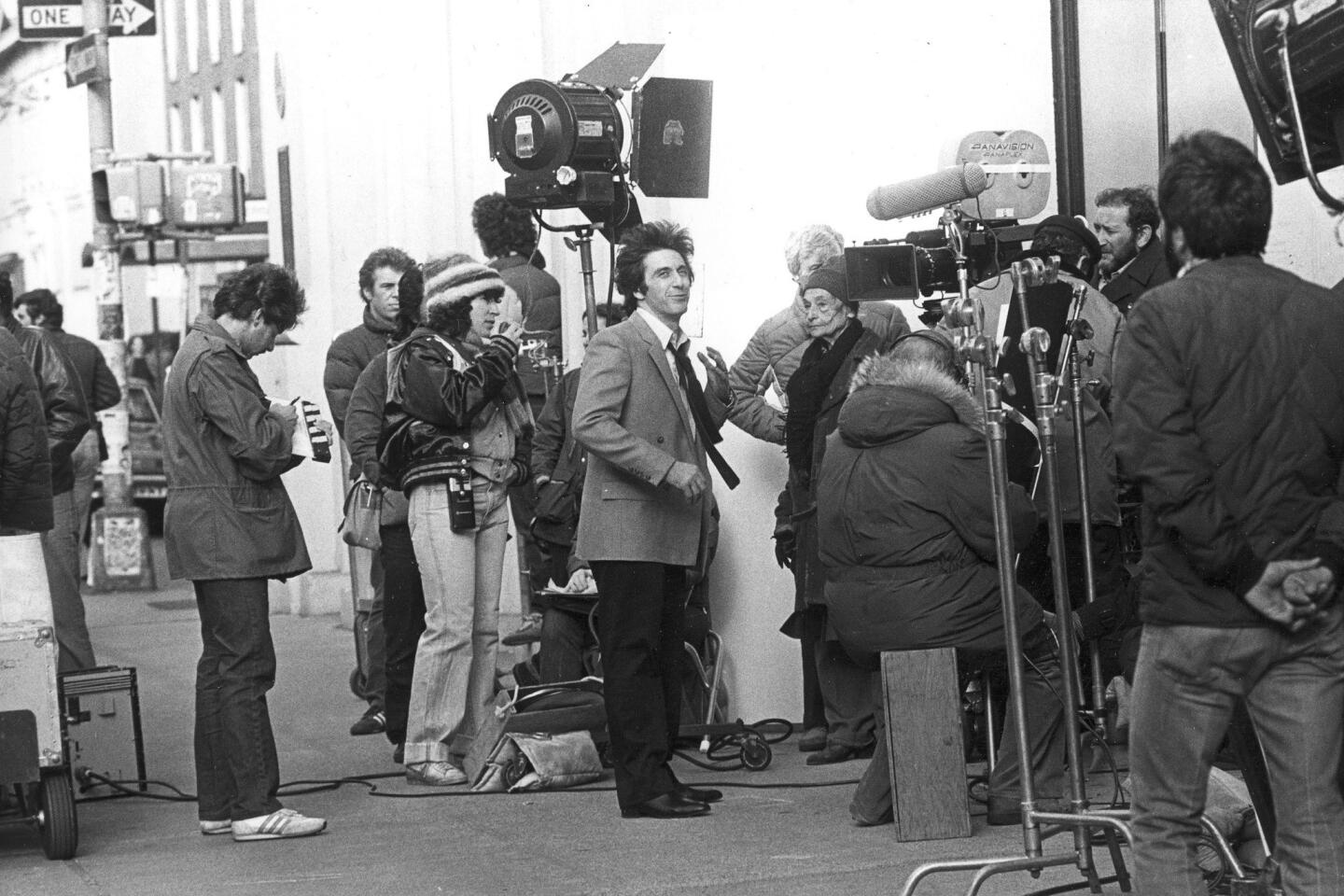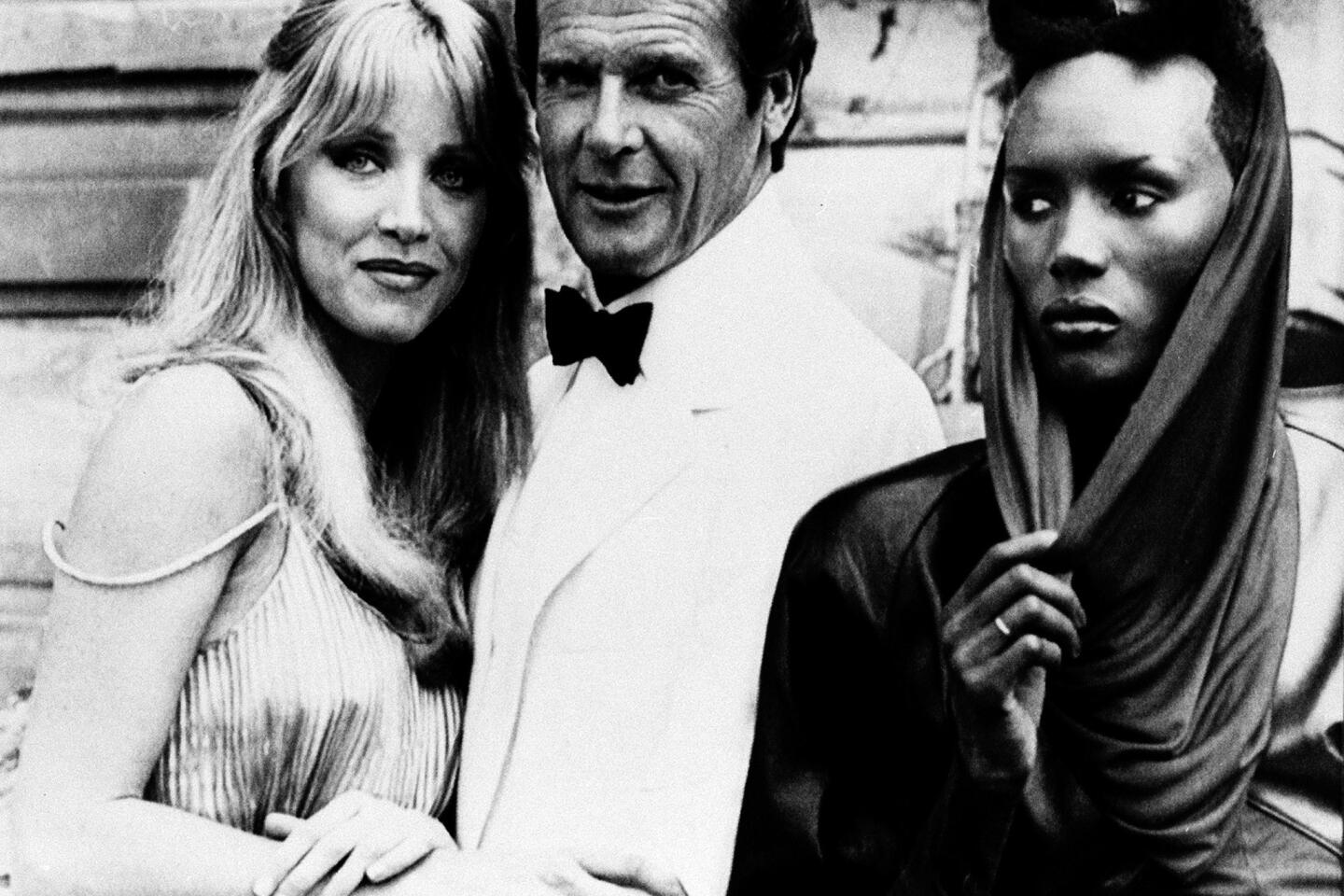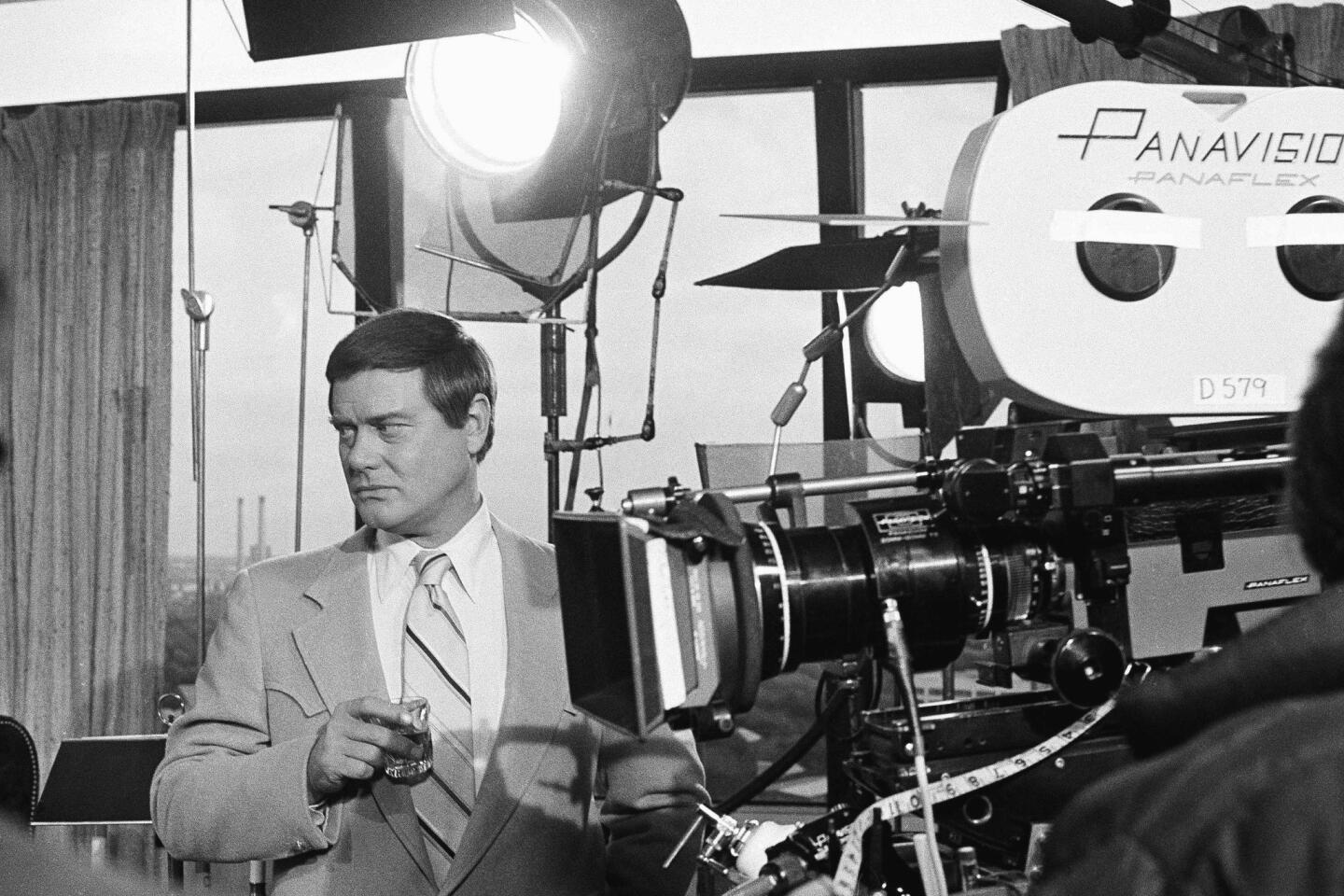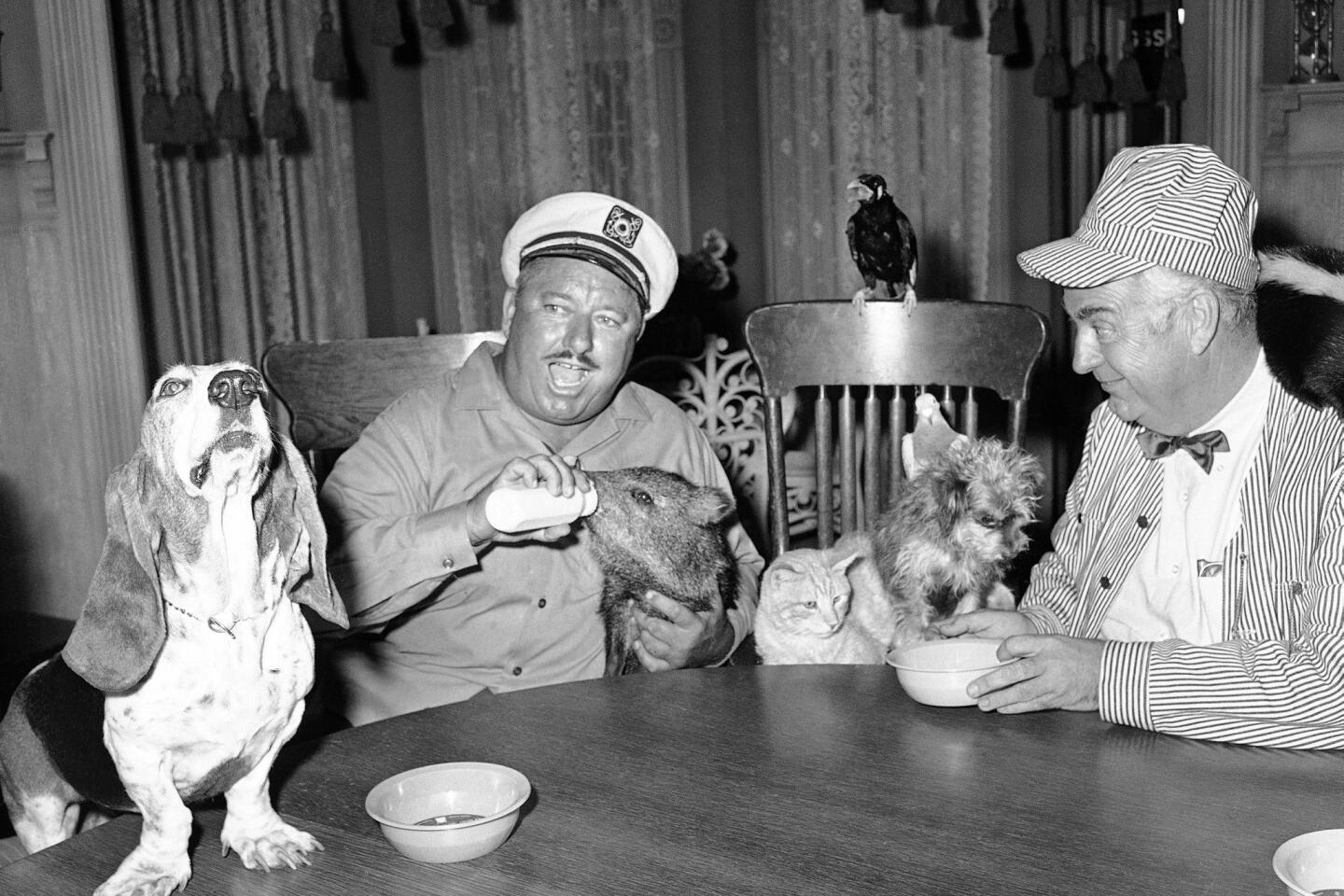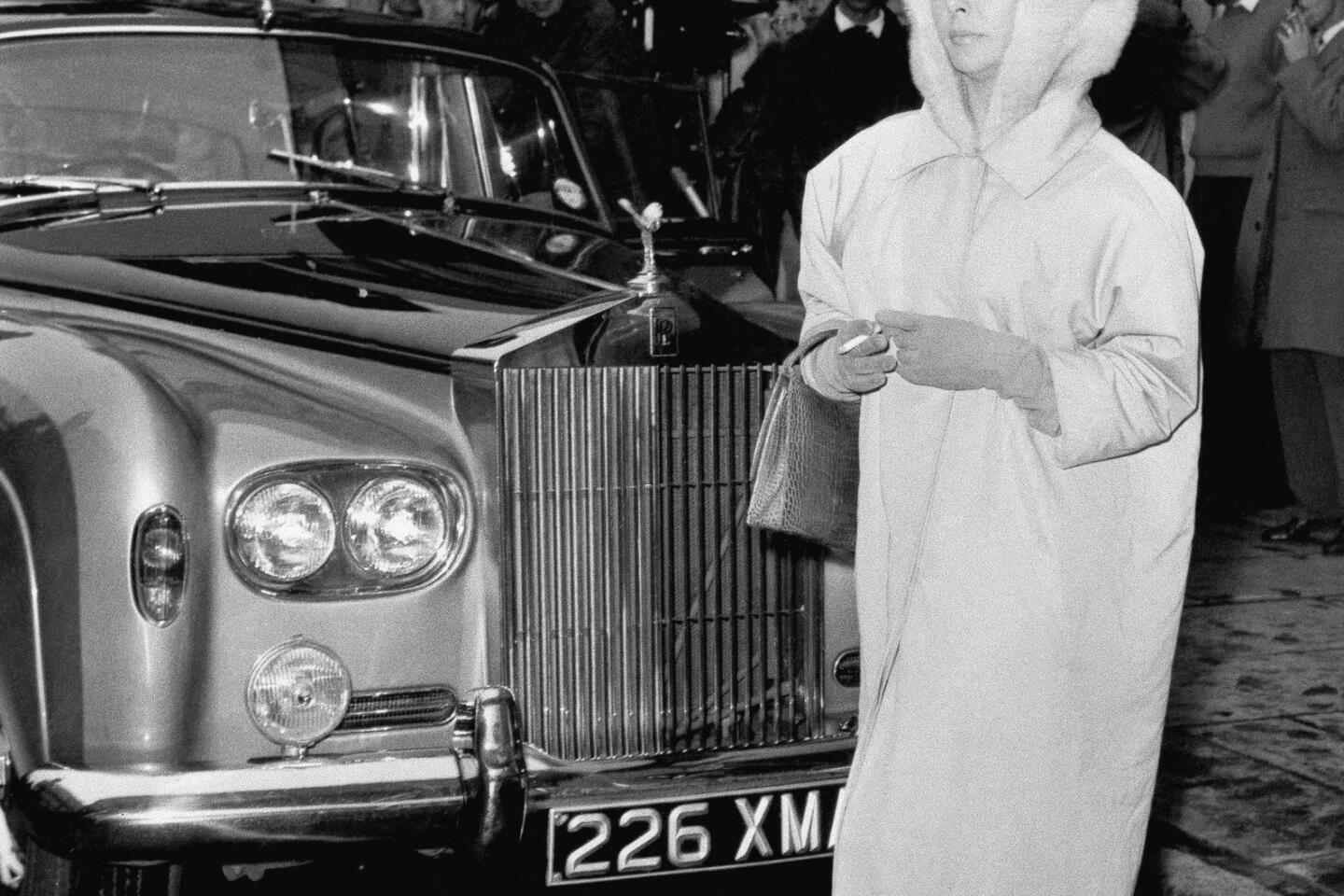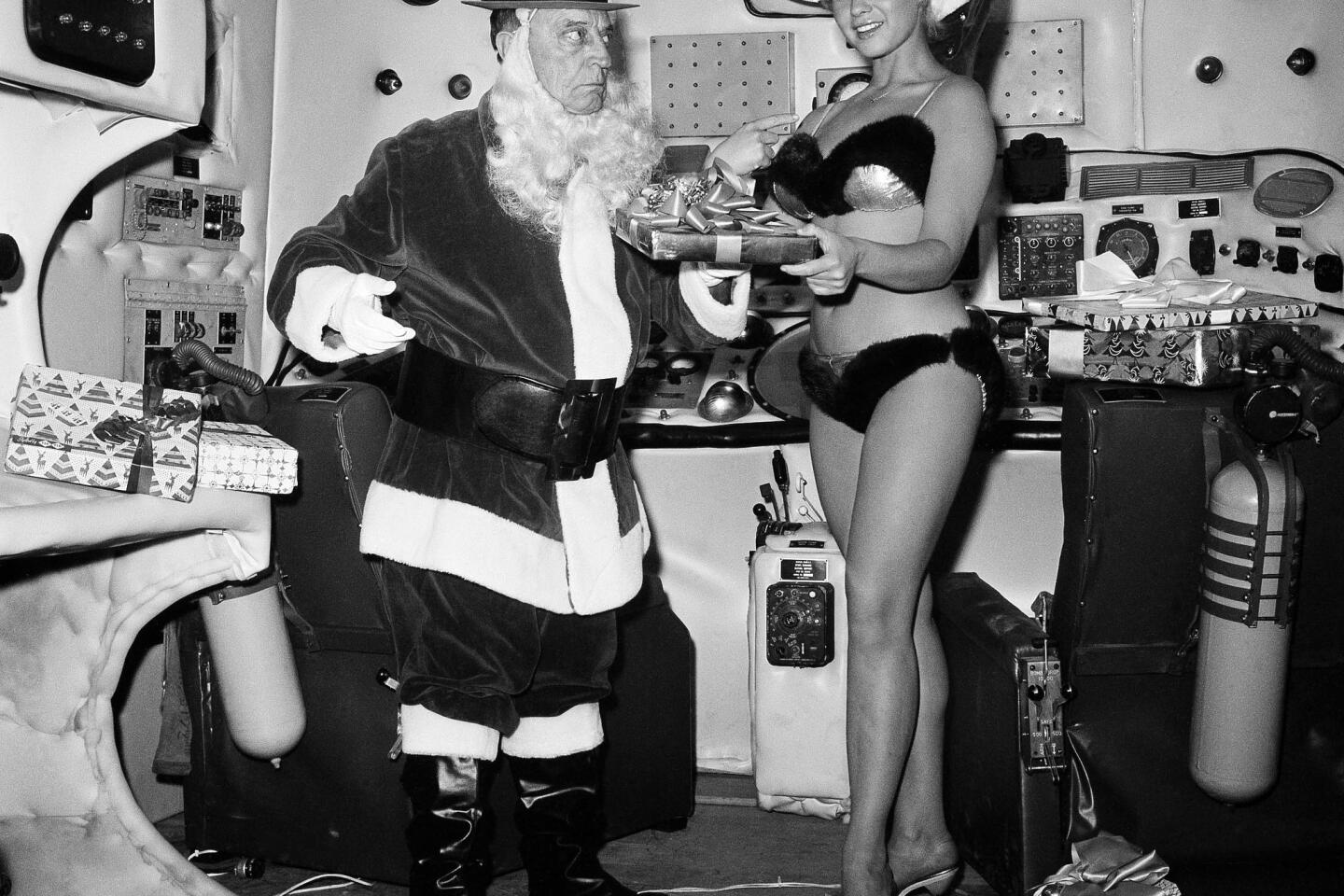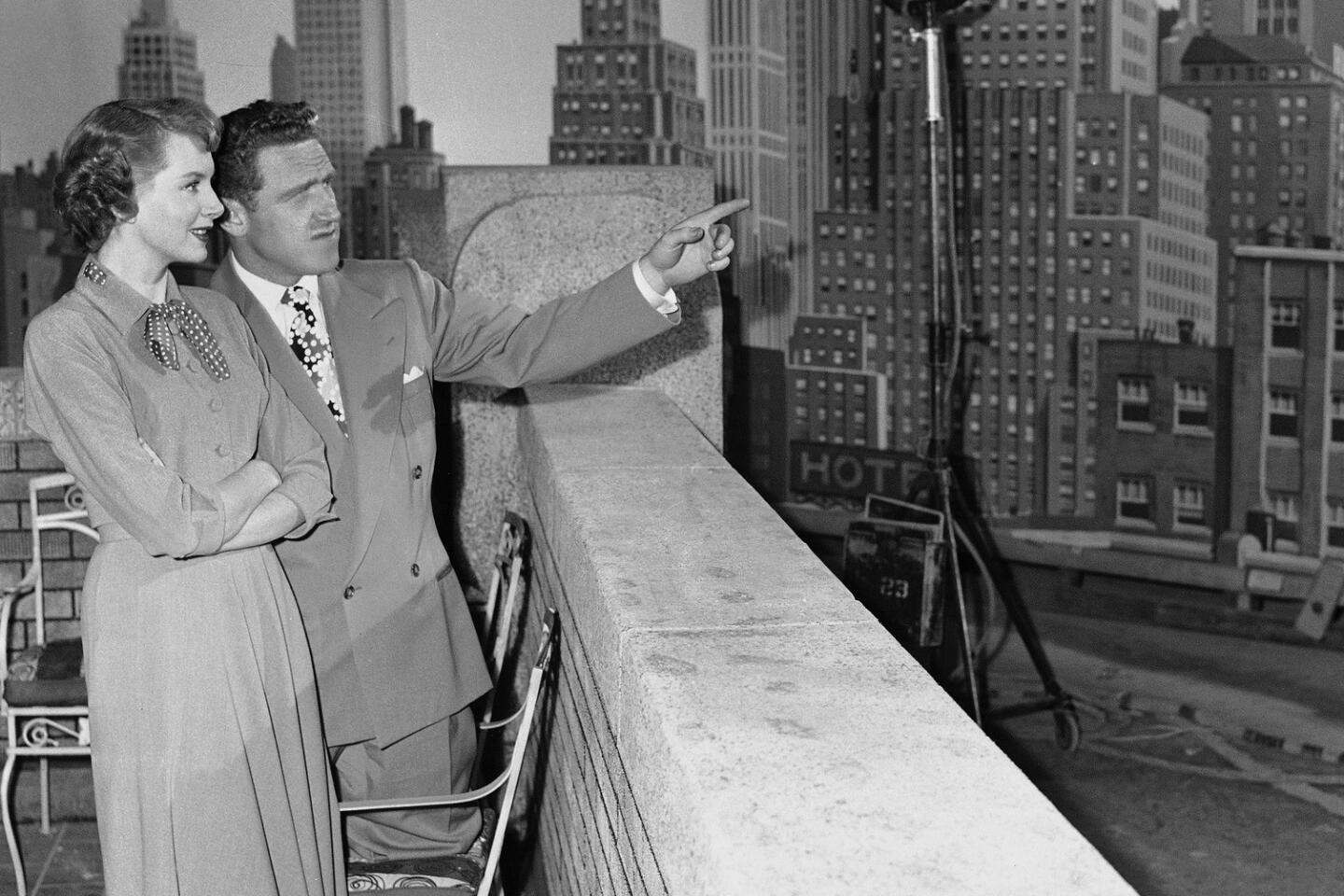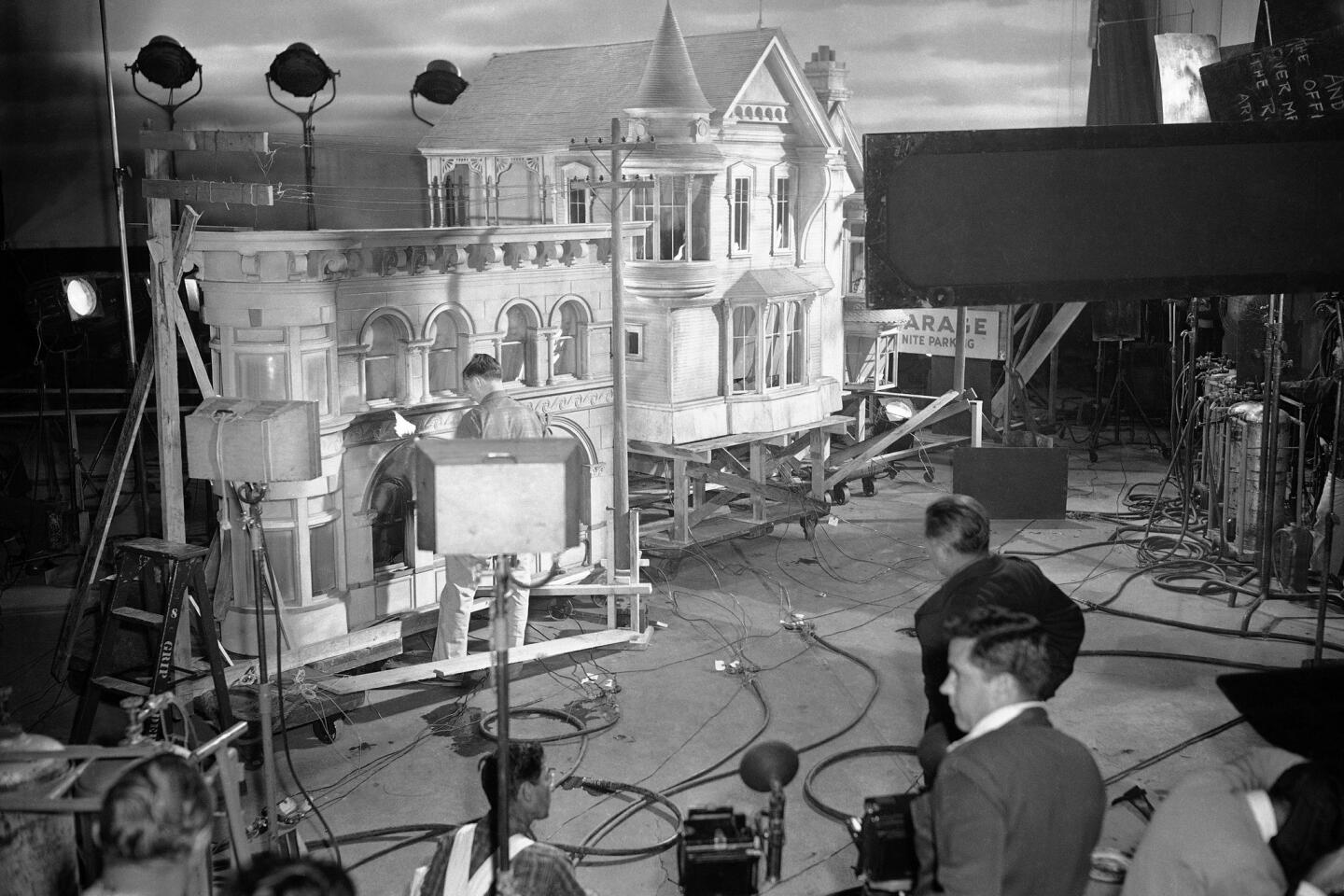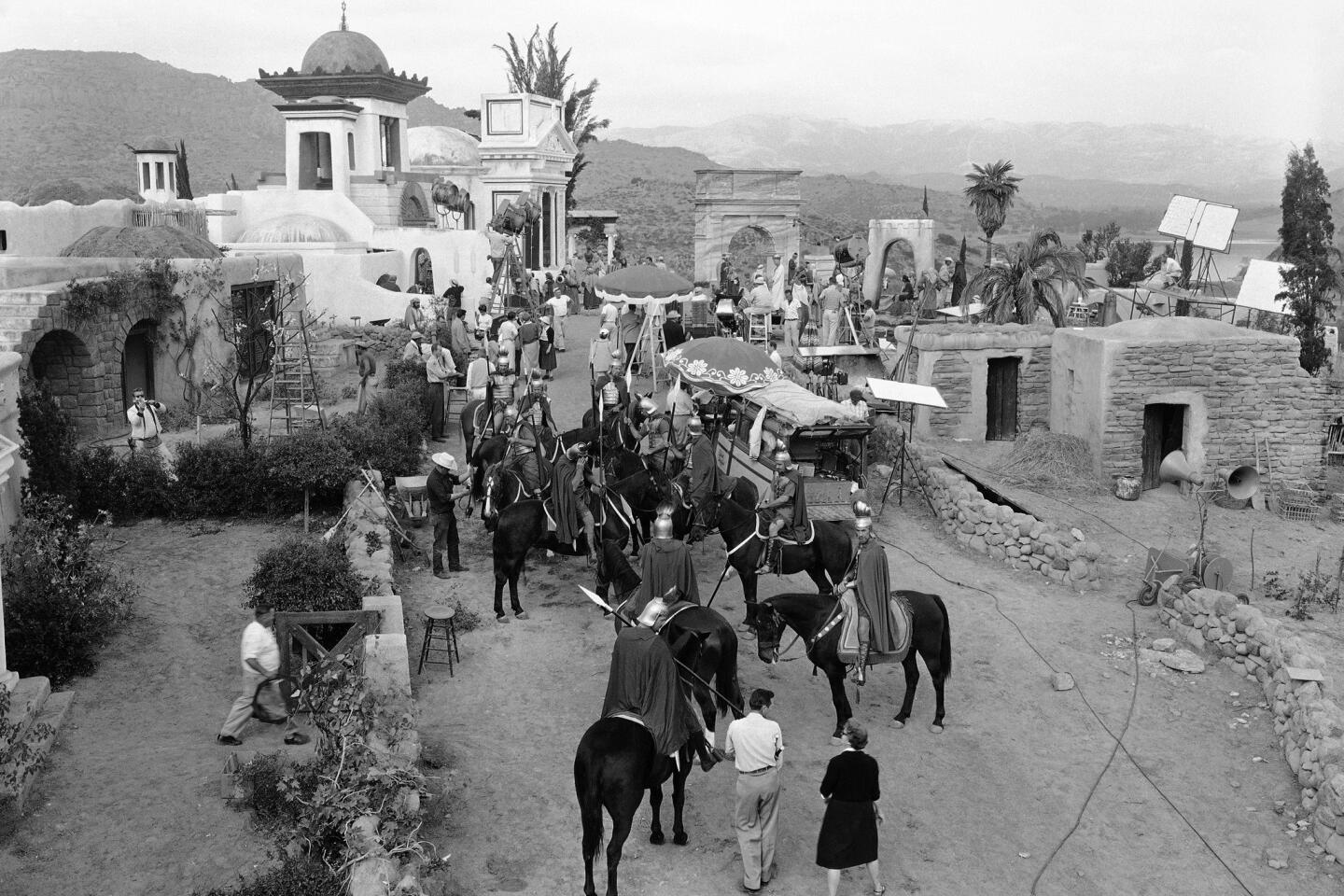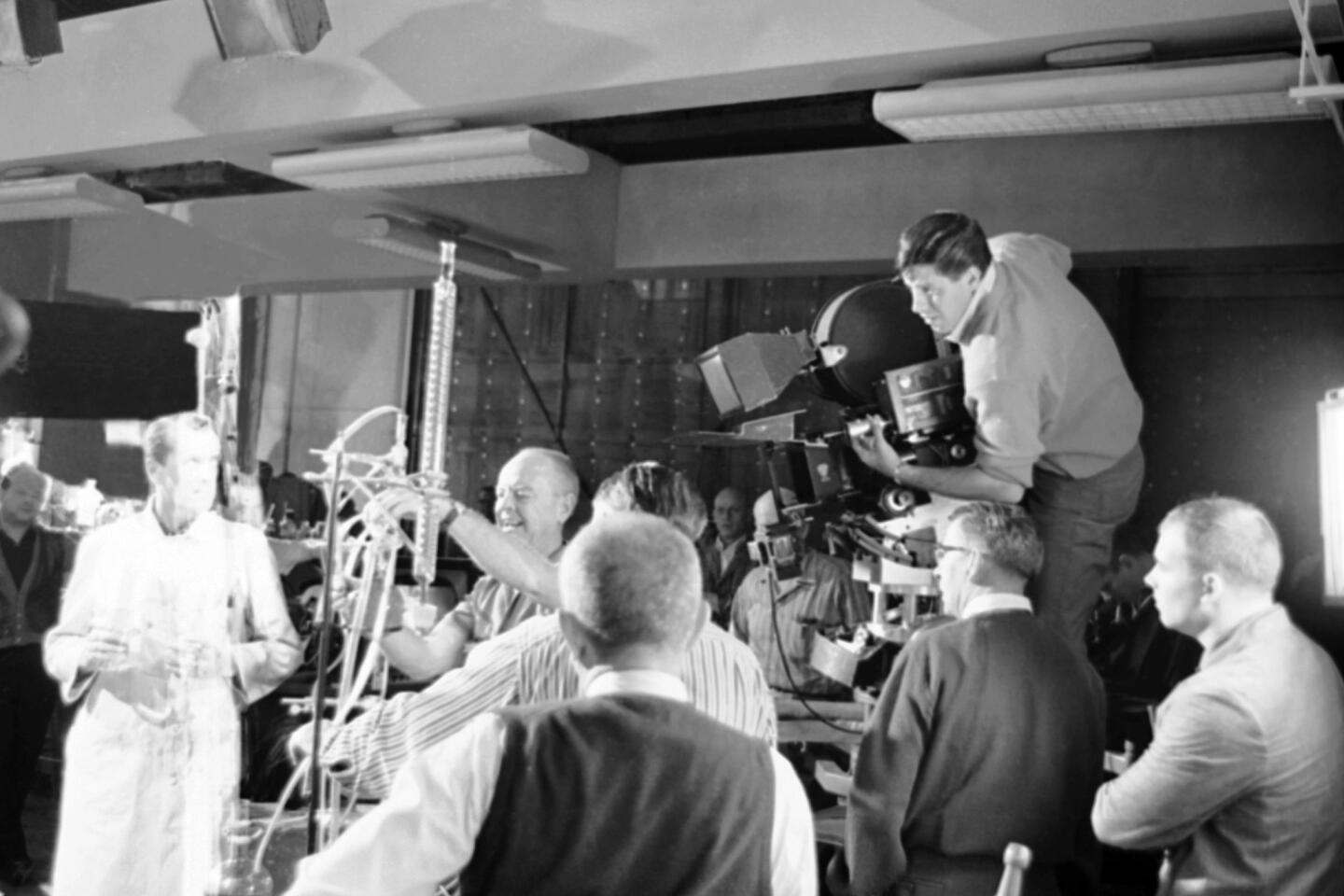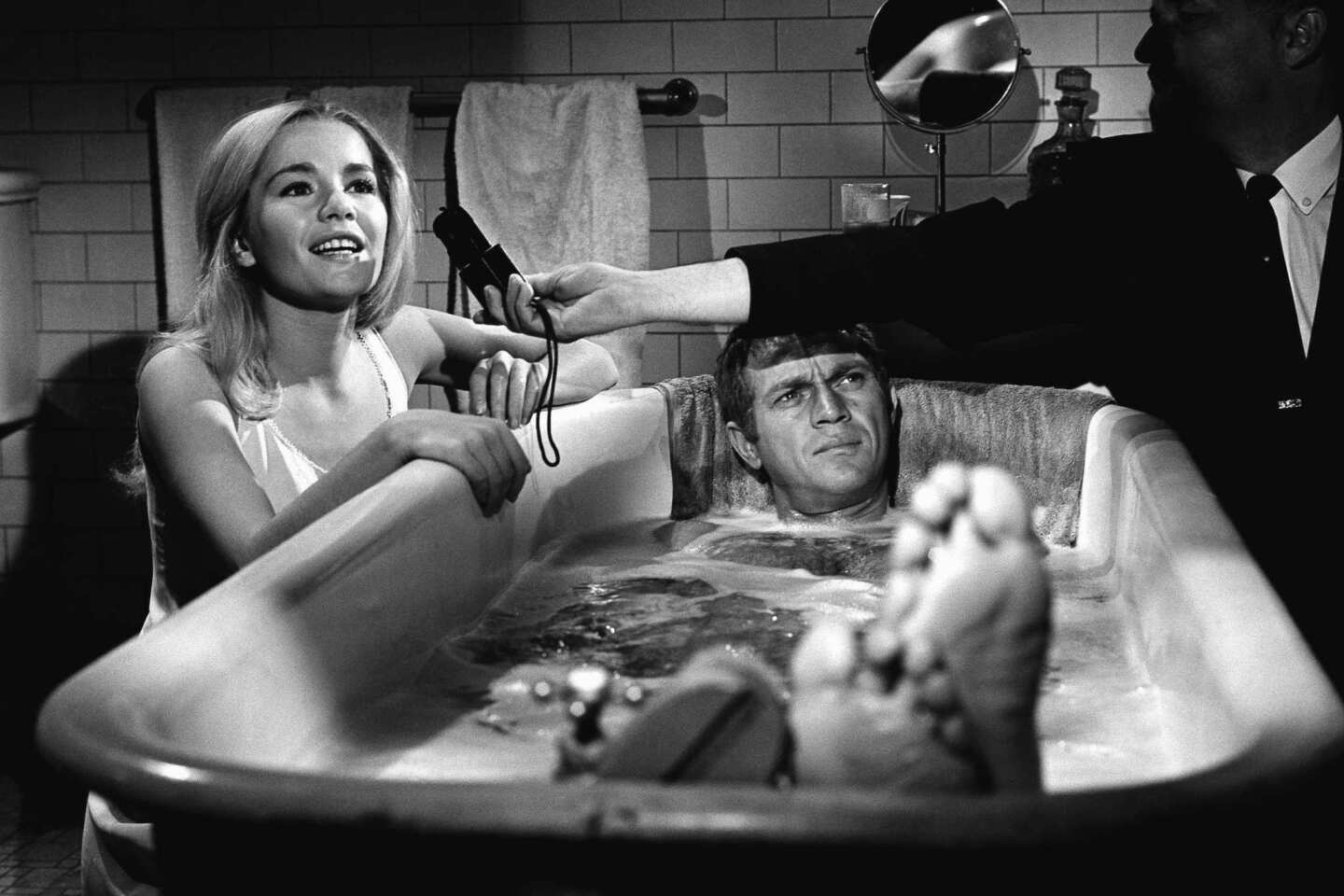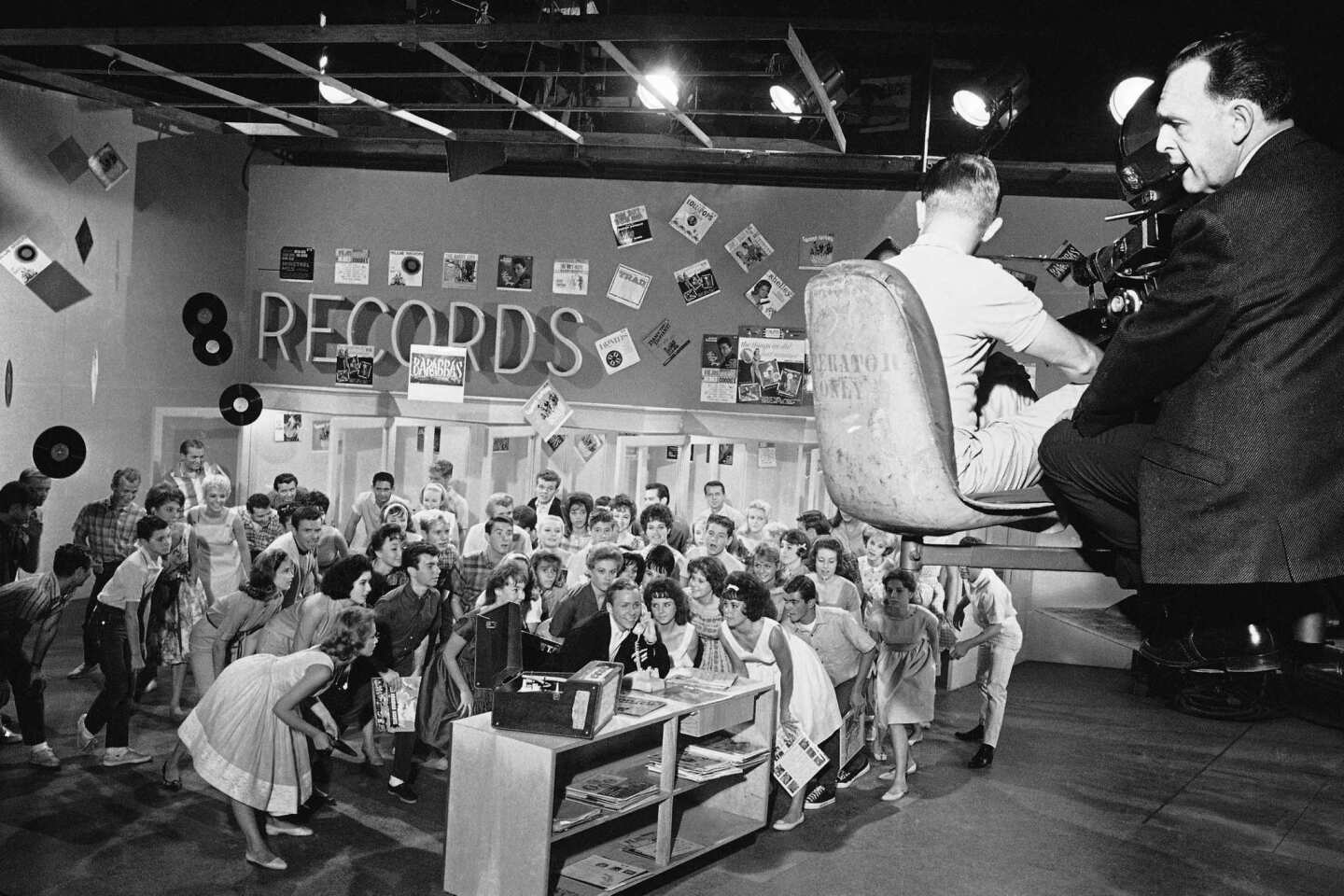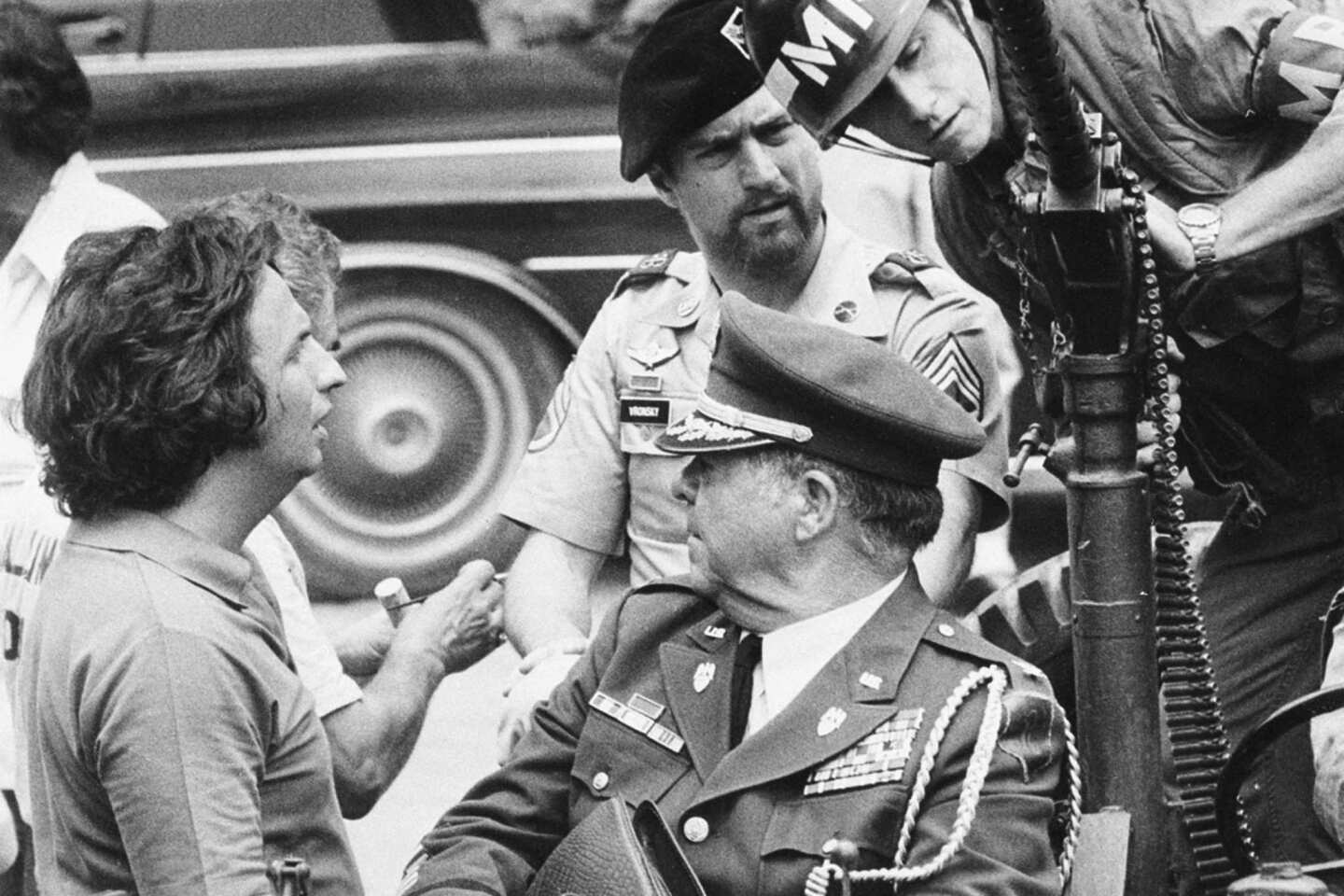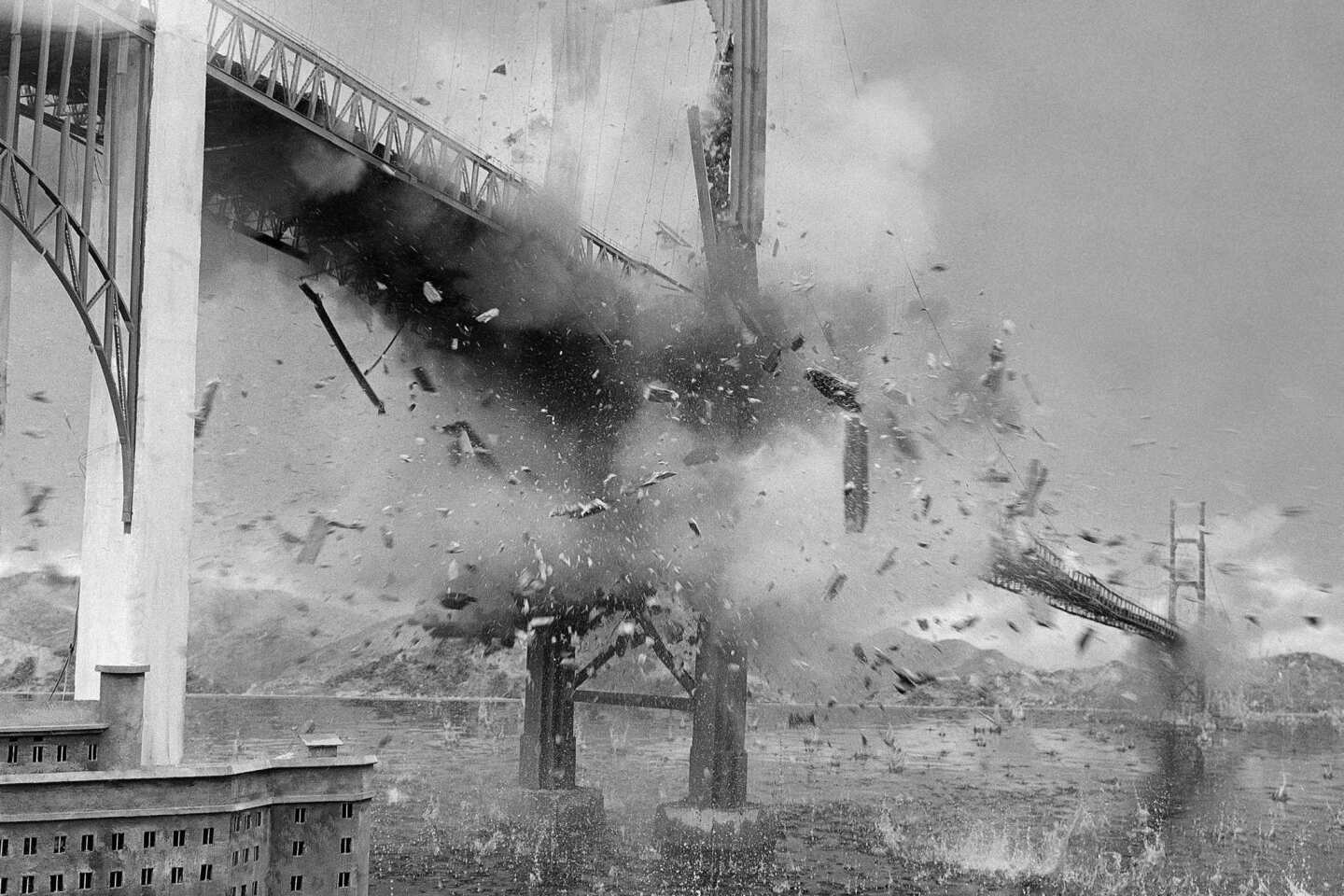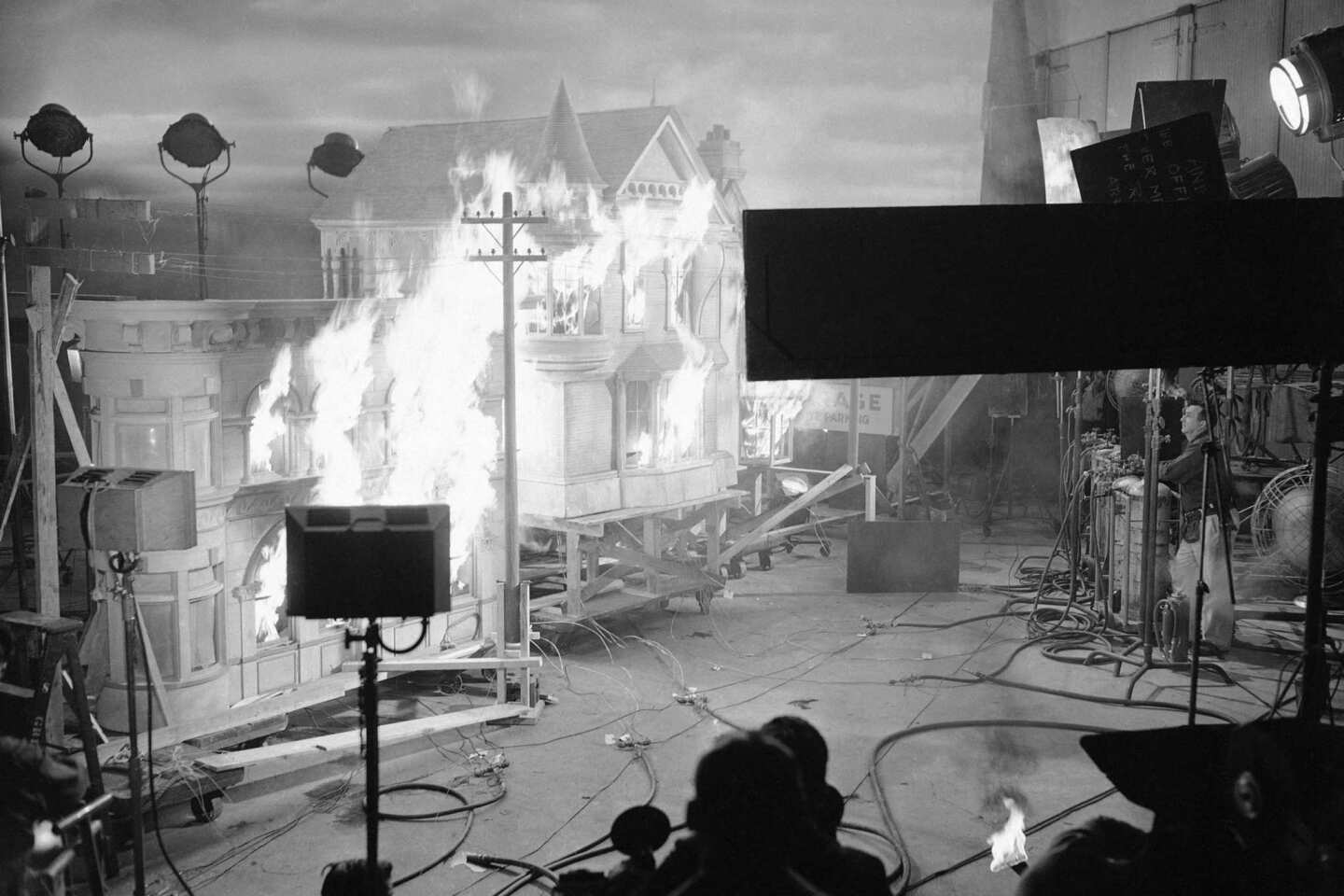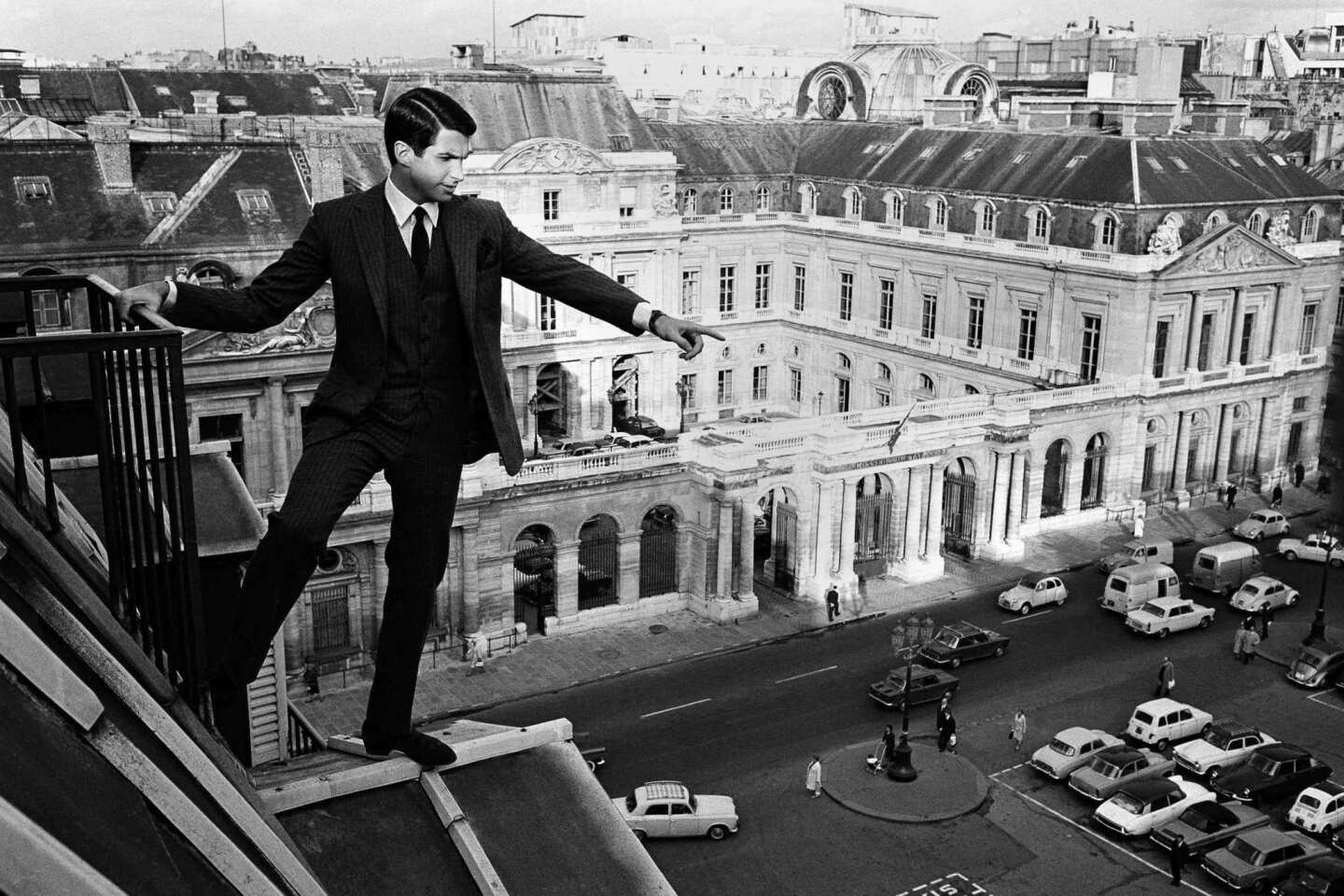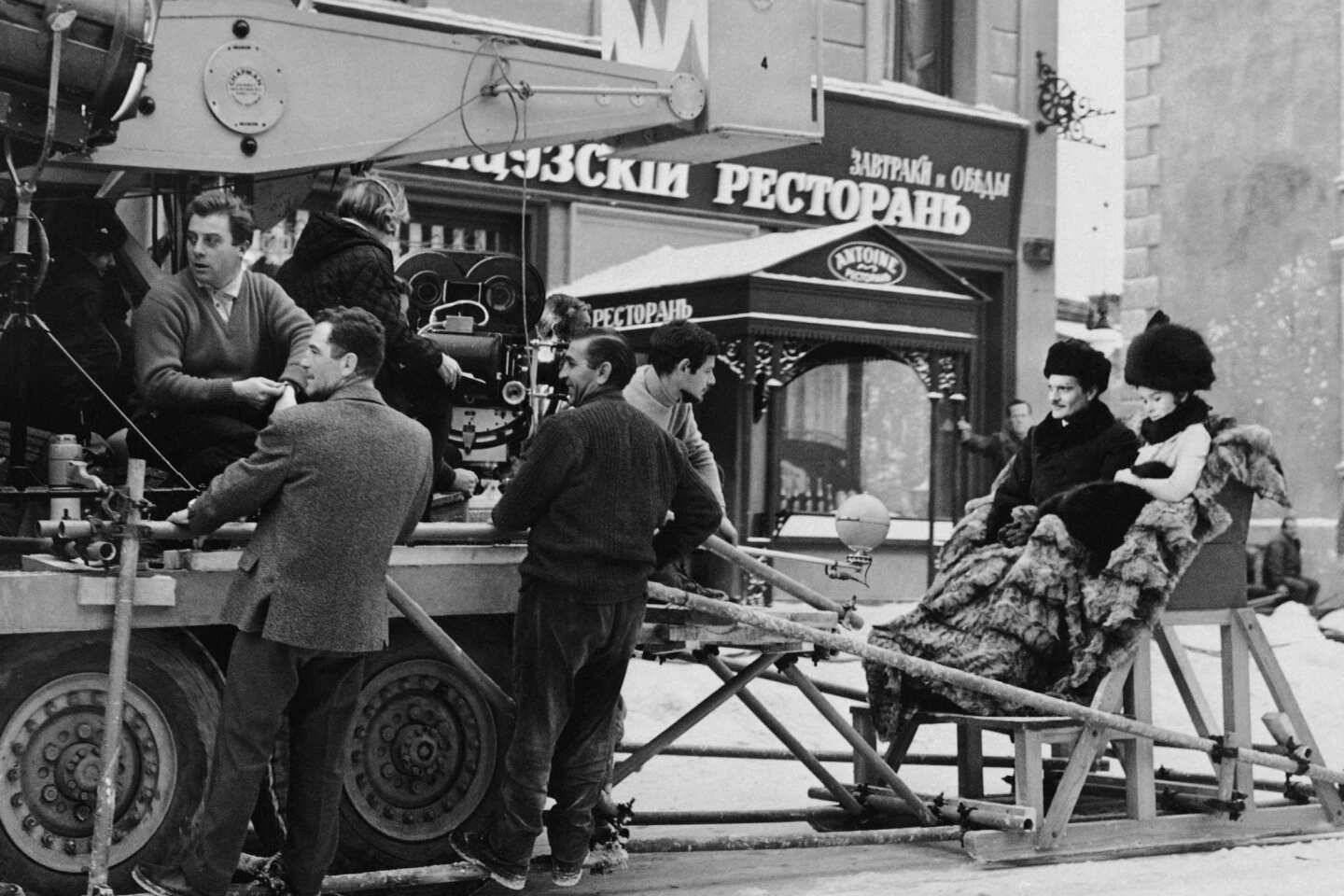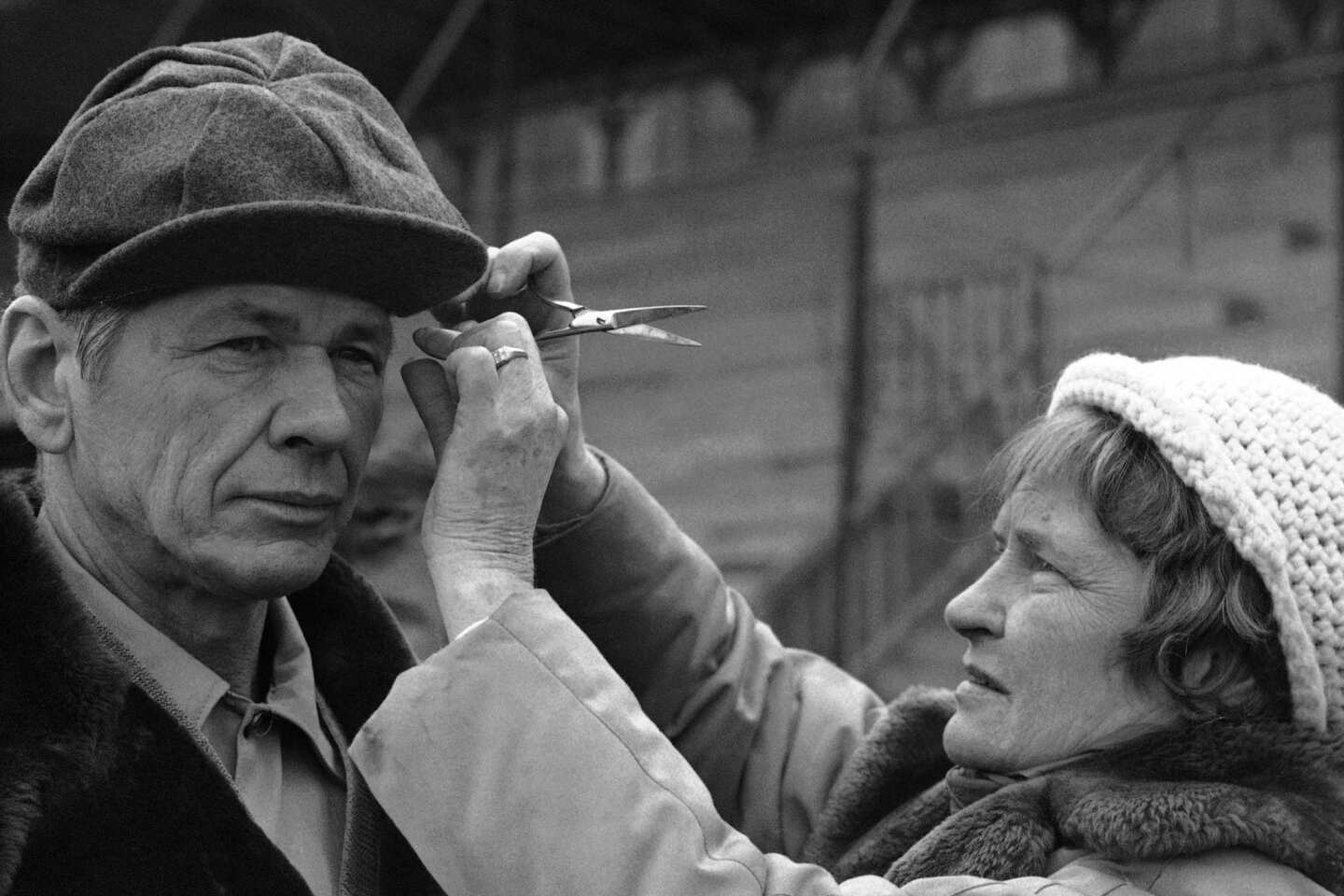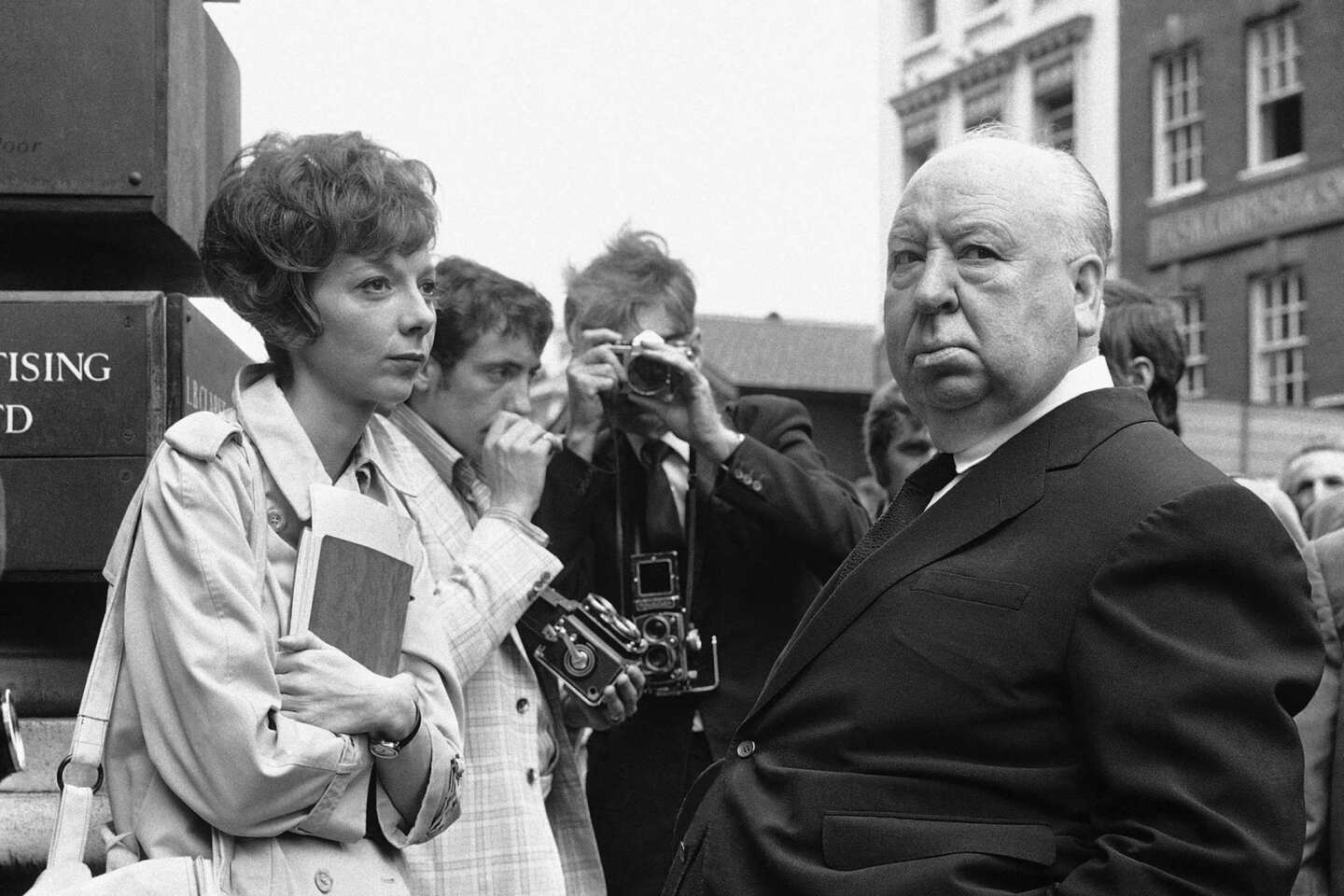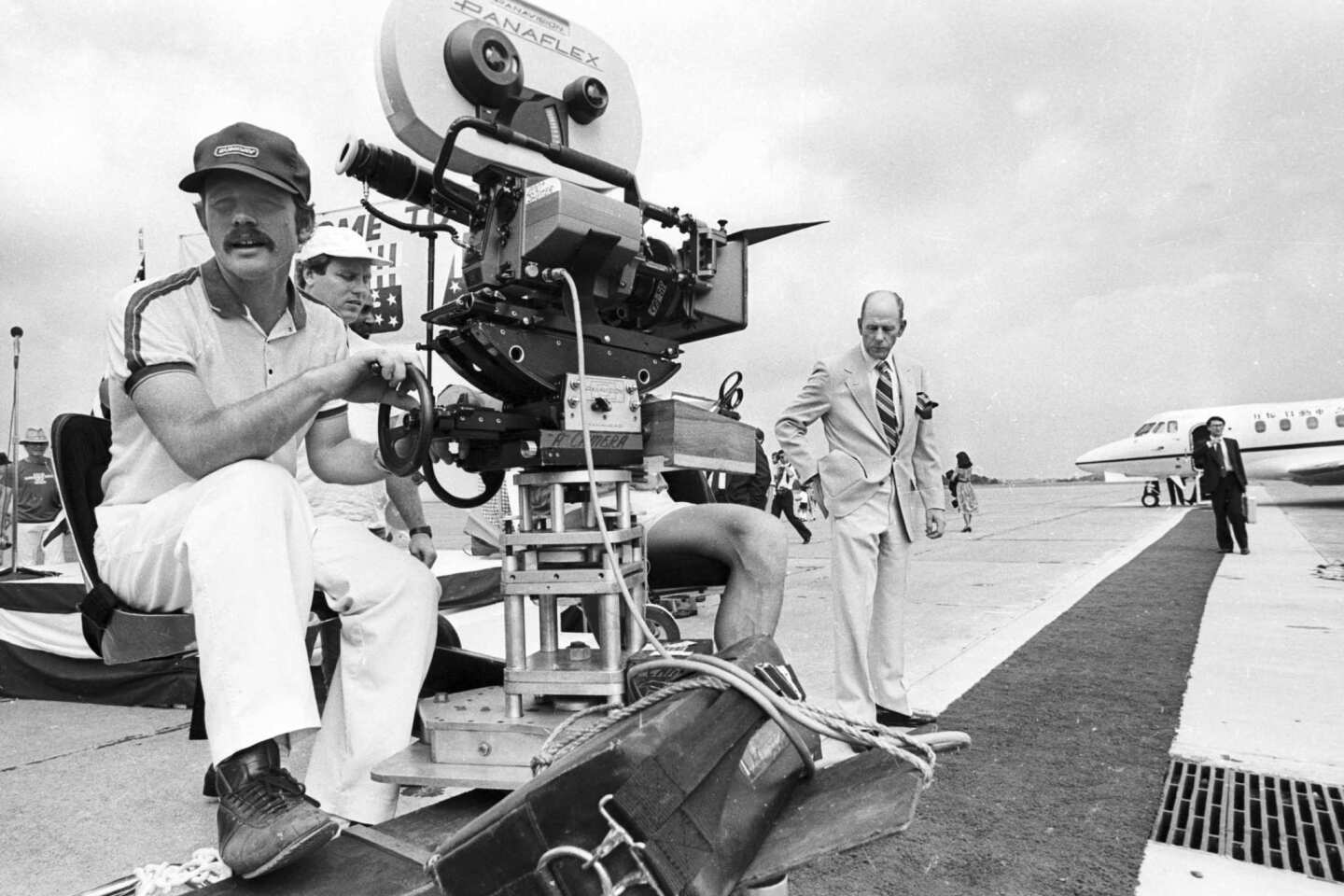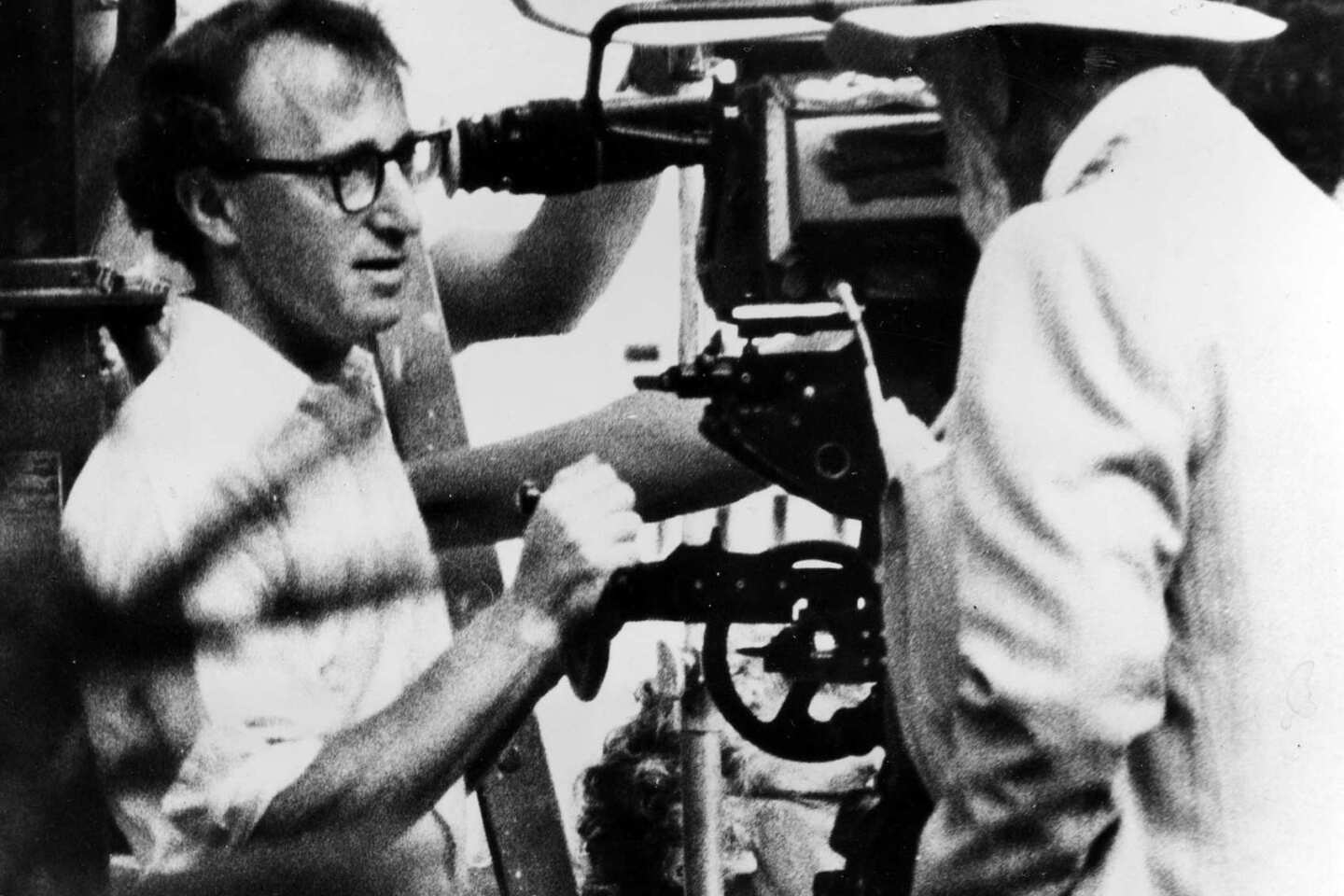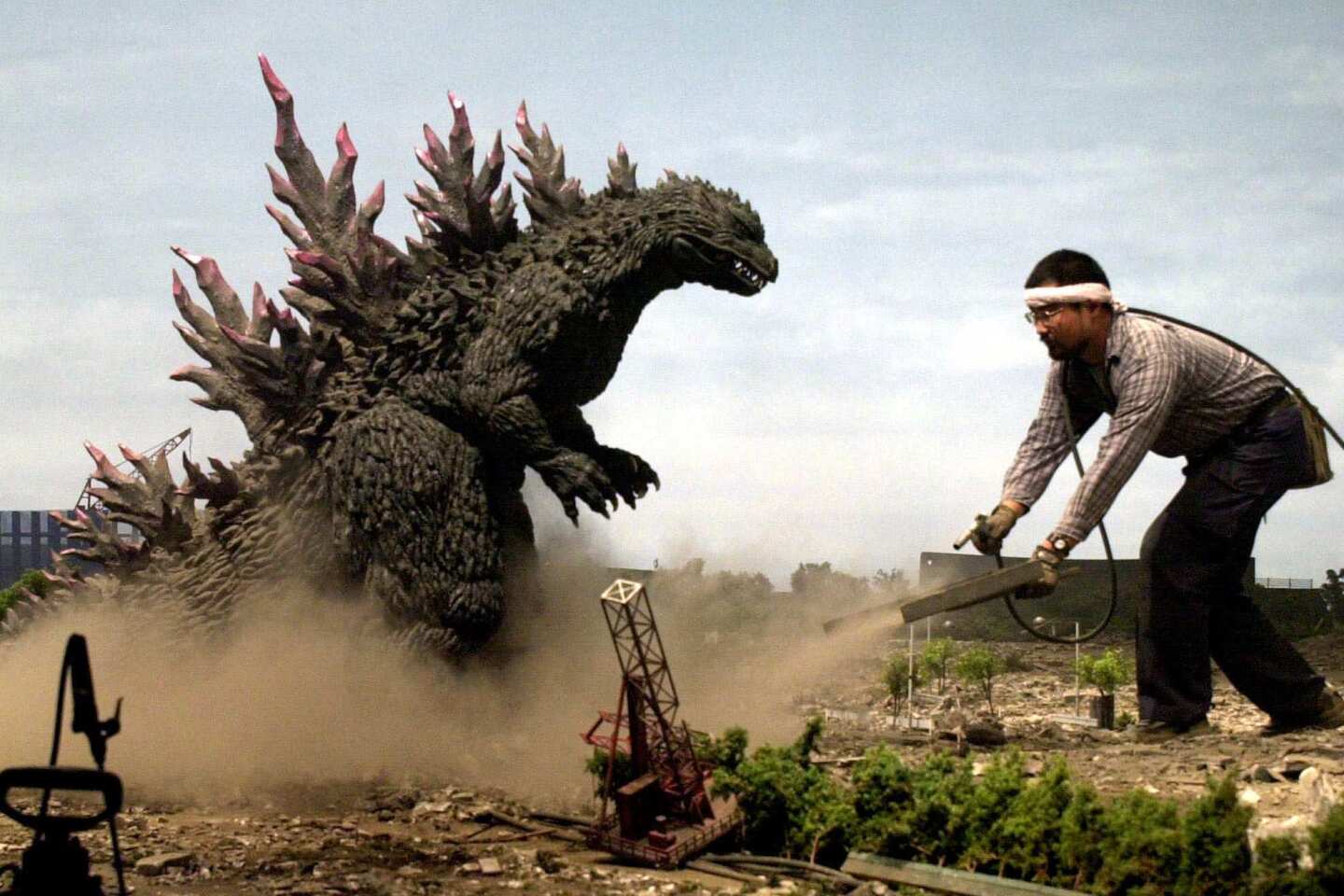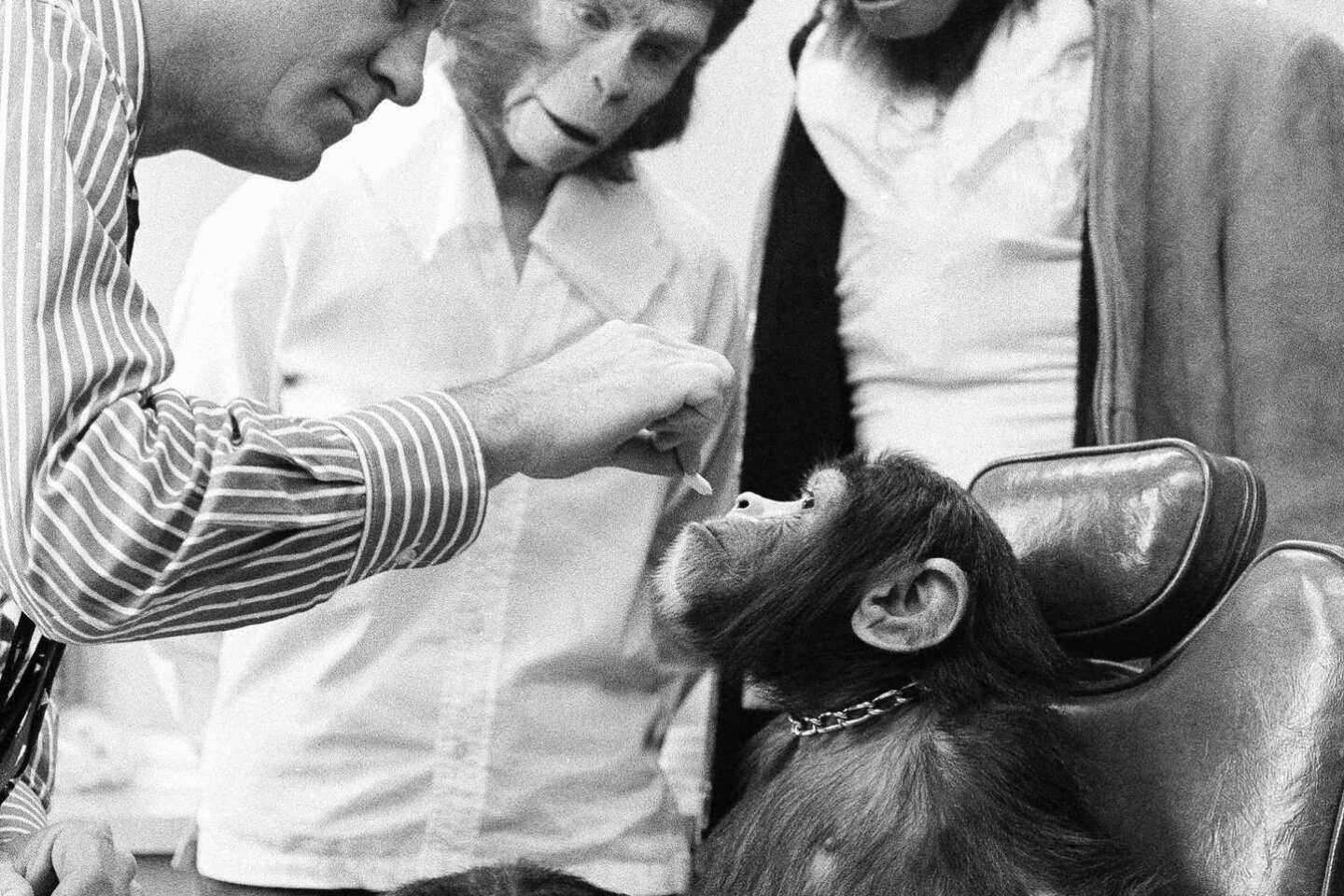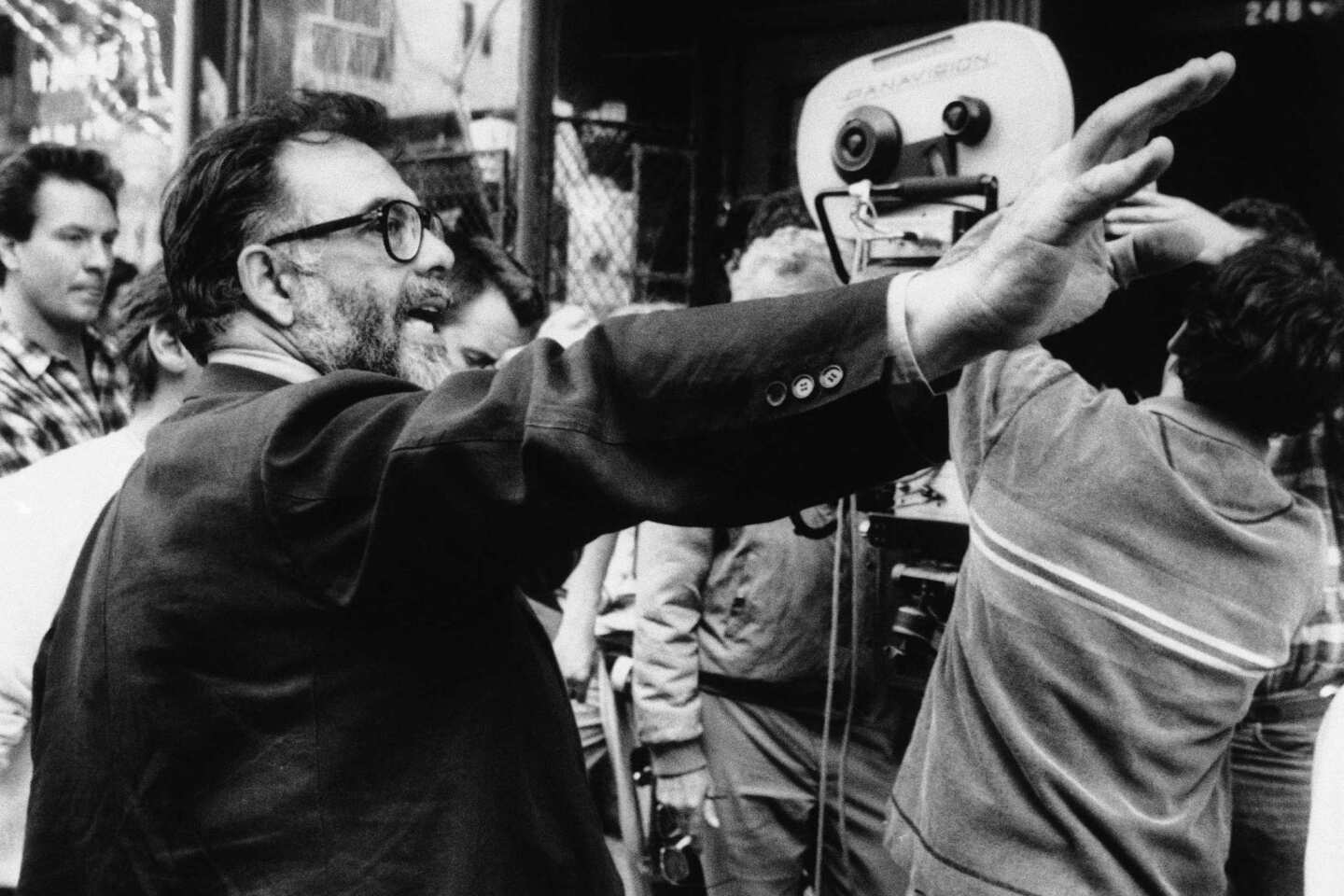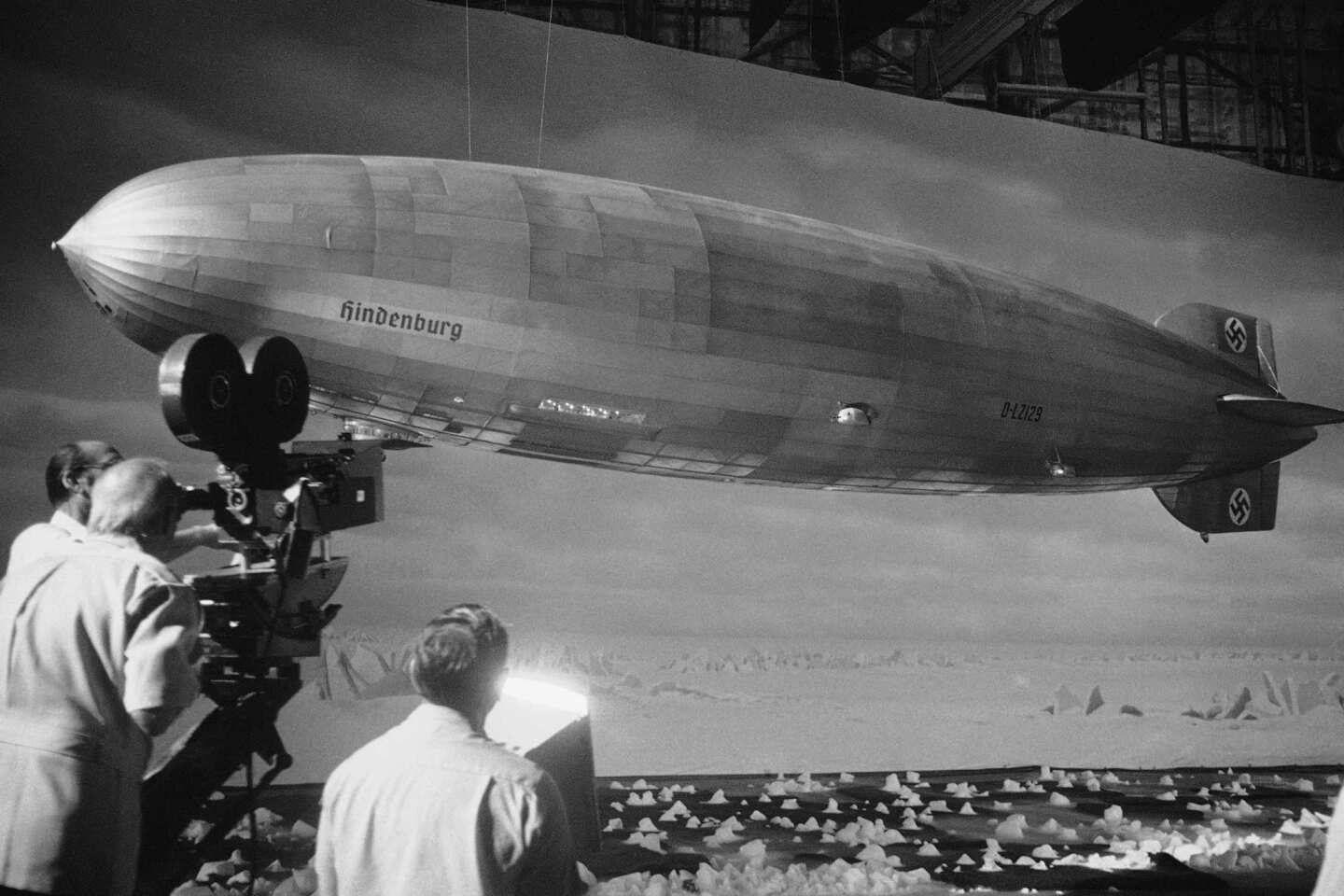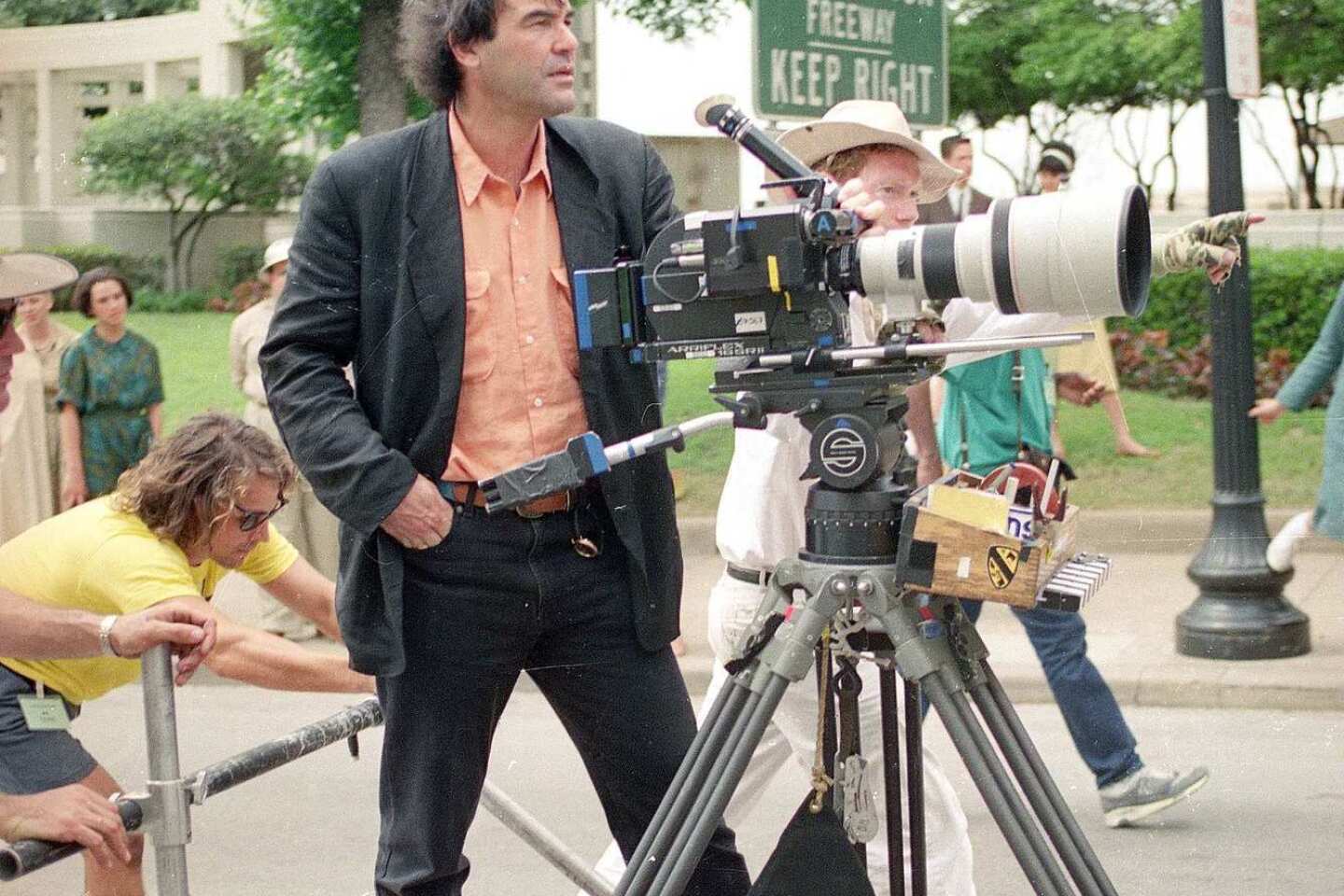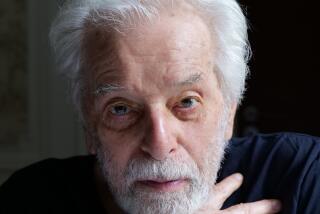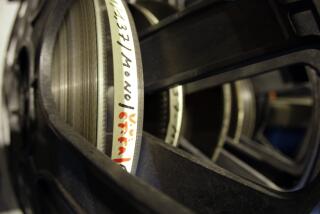American Cinematheque fetes visionary director Andrei Tarkovsky
- Share via
American Cinematheque is shining the spotlight on the influential Soviet filmmaker Andrei Tarkovsky with a new retrospective, “Ocean of Dreams: The Visionary Cinema of Andrei Tarkovsky.”
Tarkovsky (1932-1986) made only seven features in his career, which explored metaphysical and spiritual themes. The son of poet Arseniy Tarkovsky, he is considered the most famous Soviet filmmaker since the pioneering Sergei M. Eisenstein.
Legendary Swedish director Ingmar Bergman once said of the filmmaker: “Tarkovsky for me is the greatest [director], the one who invented a new language, true to the nature of film, as it captures life as a reflection, life as a dream.”
PHOTOS: Hollywood Backlot moments
The series opens Friday at the Egyptian in Hollywood with Tarkovsky’s 1972 sci-fi masterpiece “Solaris,” which is considered by some critics as a Soviet “2001: A Space Odyssey.” Steven Soderberg remade “Solaris” with little success in 2002, with George Clooney starring. Tarkovsky’s “Solaris” also screens July 26 at the Aero Theatre in Santa Monica.
Scheduled for Saturday at the Egyptian is his final film, 1986’s “The Sacrifice,” starring Erland Josephson, a member of Bergman’s repertory of actors. It was shot in Sweden by Bergman’s cinematographer, Sven Nykvist. The film won four prizes at the Cannes Film Festival. Tarkovsky died of cancer later that year.
The second feature is the loosely autobiographical “The Mirror,” from 1975.
PHOTOS: Behind-the-scenes Classic Hollywood
Set for Sunday at the Egyptian is a new print of his 1983 film “Nostalghia,” which marked the first time he shot outside the Soviet Union. “Nostalghia” revolves around a Russian writer who travels to Italy to do research on an 18th century composer. The film won several awards at Cannes. After the film, Tarkovsky defected to Europe. It also screens July 29 at the Aero Theatre.
On July 27, the Aero will screen Tarkovsky’s award-winning “Andrei Rublev,” which was inspired by the life and works of the 15th century poet and painter. The film was suppressed in the Soviet Union in 1966 but was screened at Cannes in 1969.
ALSO:
‘Fruitvale Station’ arrives; thoughts turn to Oscar
Quentin Tarantino’s girlfriend is accused of plagiarism
Sundance Institute announces program for Next Weekend festival
More to Read
Only good movies
Get the Indie Focus newsletter, Mark Olsen's weekly guide to the world of cinema.
You may occasionally receive promotional content from the Los Angeles Times.

